Heather, English, she/her. Gifmaker and frequent reblogger. Long-time fan of Strike Back and Blindspot. Rekindling my love of Santiago Cabrera and currently re-watching The Musketeers (gifs in progress). Other shows to follow.
Don't wanna be here? Send us removal request.
Text
Weeping at this. Frighteningly similar to how I sound
98K notes
·
View notes
Text


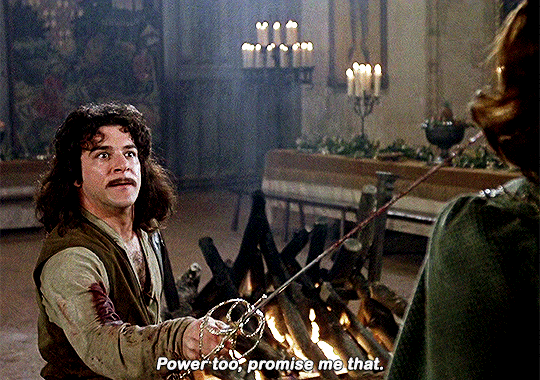





The Princess Bride (1987) dir. Rob Reiner
3K notes
·
View notes
Photo
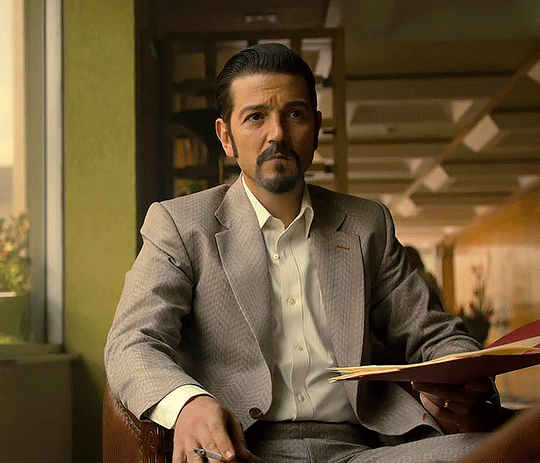
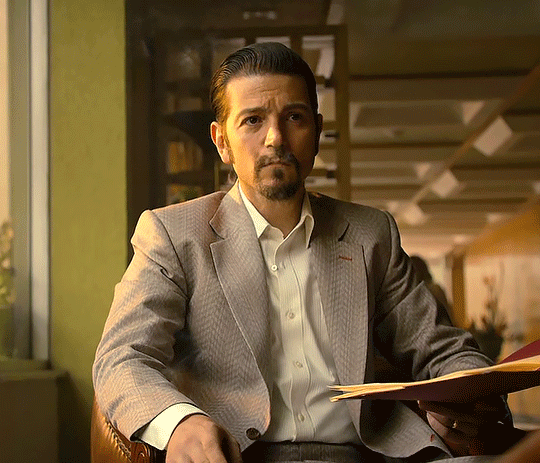
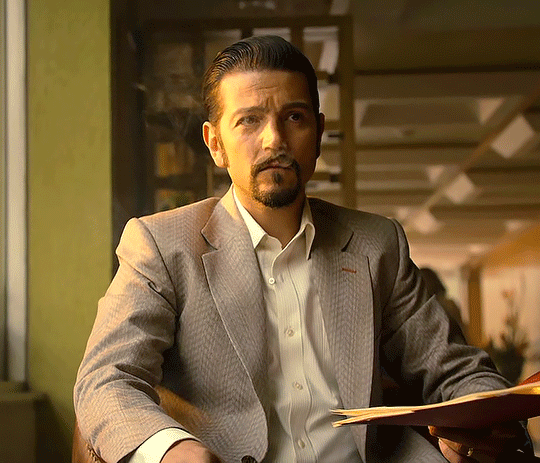
Diego Luna in Narcos: Mexico (1.07)
56 notes
·
View notes
Text

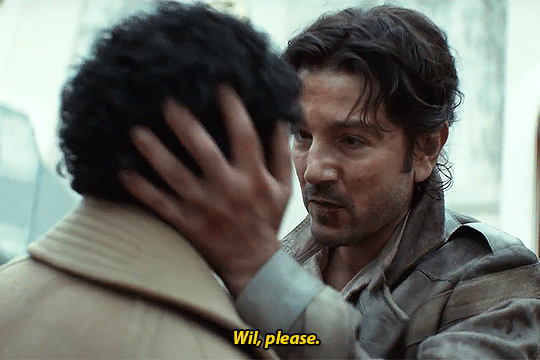
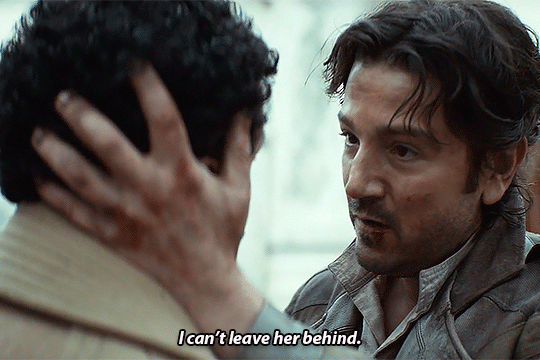
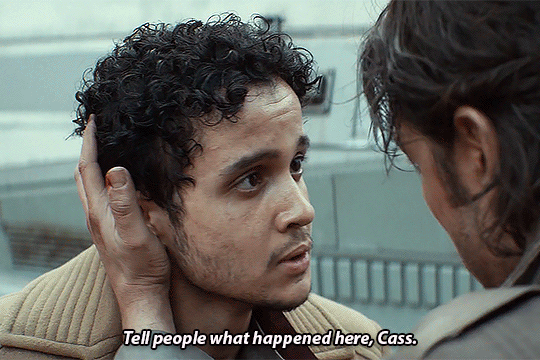
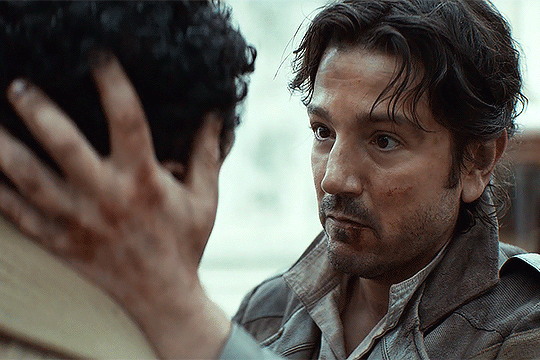
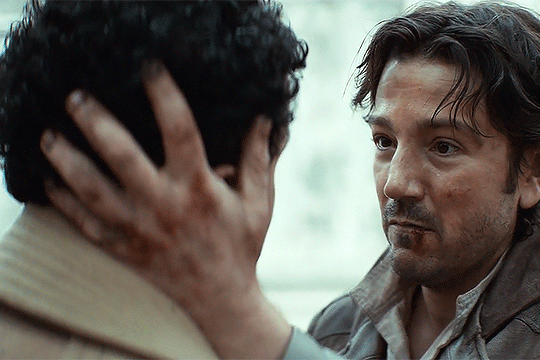
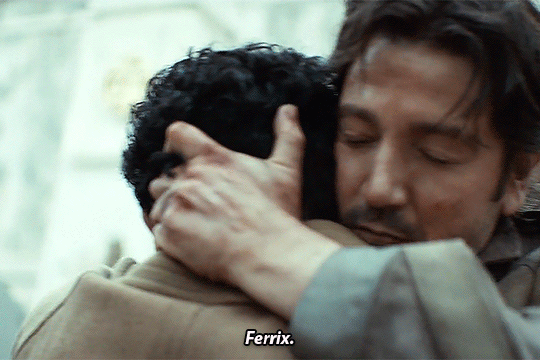
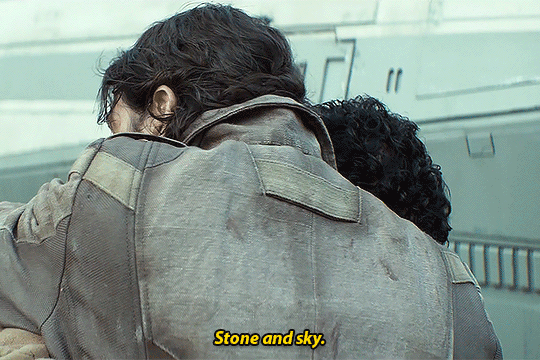
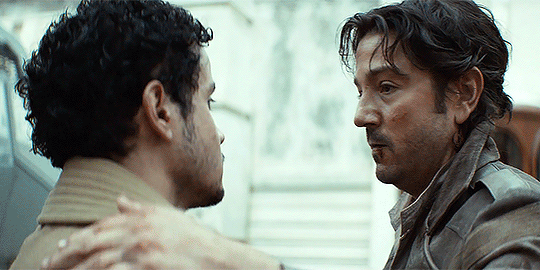
Andor - 'Who Are You?' - S02E08
431 notes
·
View notes
Text
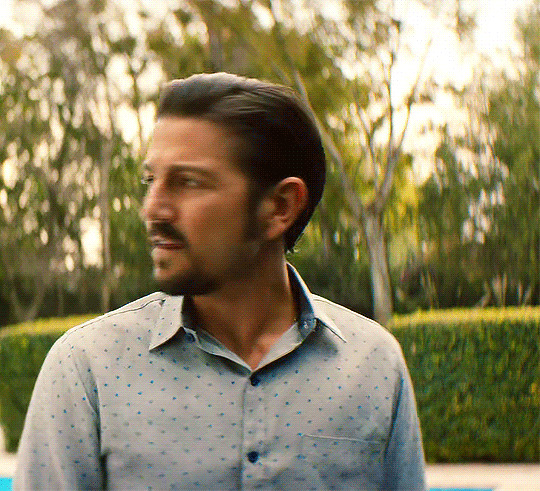
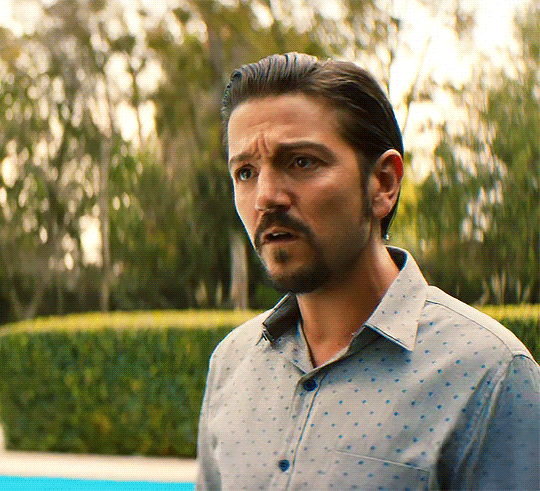
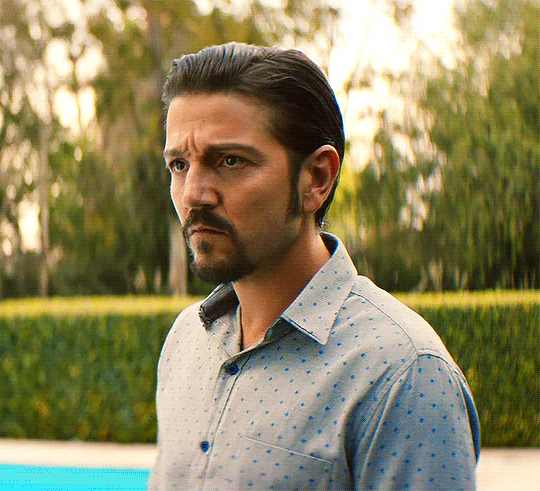
Diego Luna in Narcos: Mexico (1.04)
47 notes
·
View notes
Text
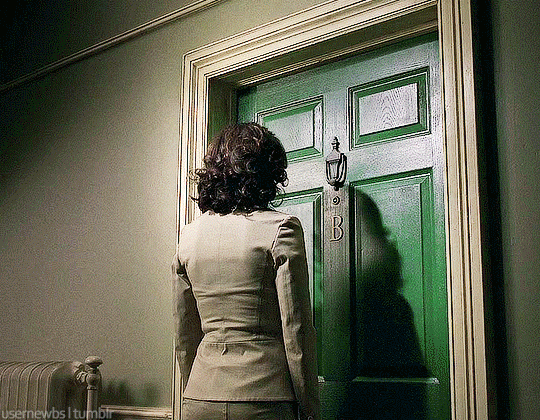

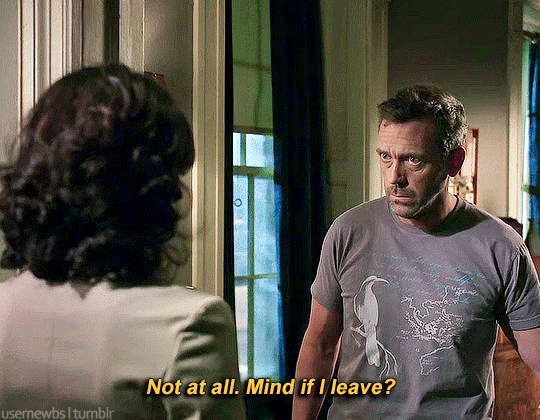
HOUSE M.D. 5.01 • Dying Changes Everything
247 notes
·
View notes
Text


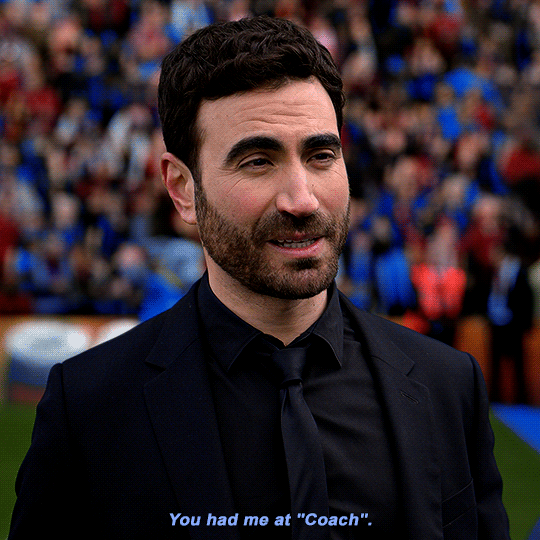
TED LASSO 2.05 — Rainbow
332 notes
·
View notes
Photo
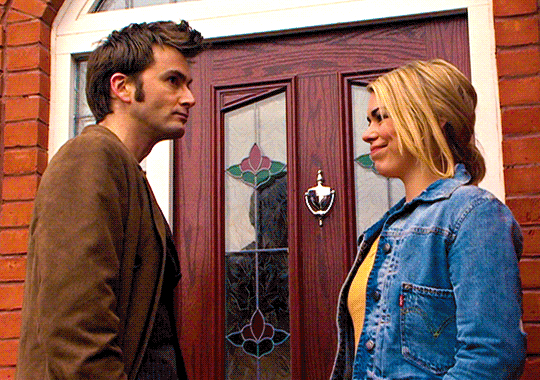
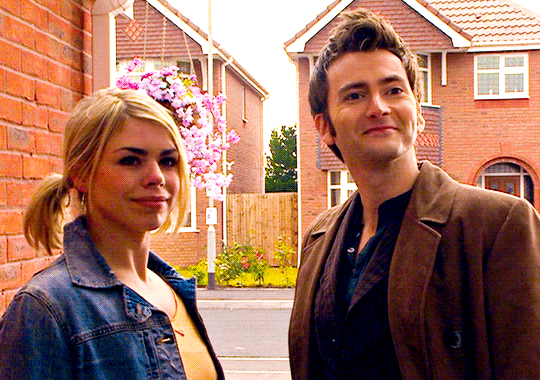
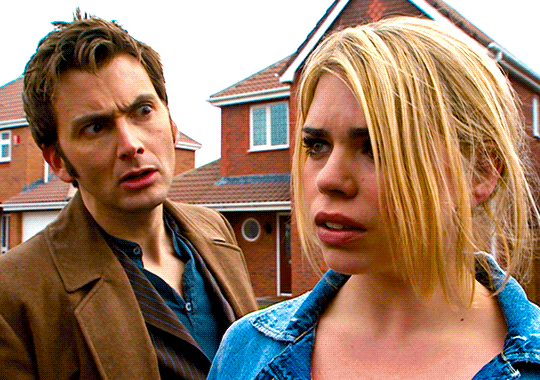
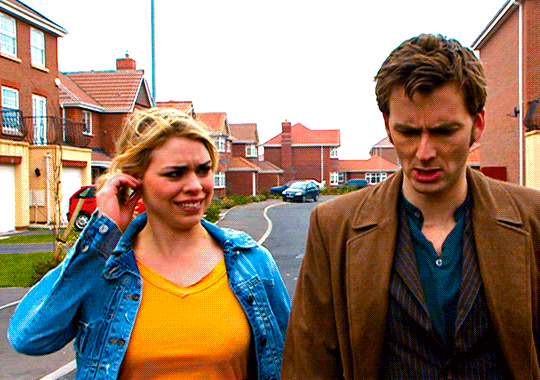
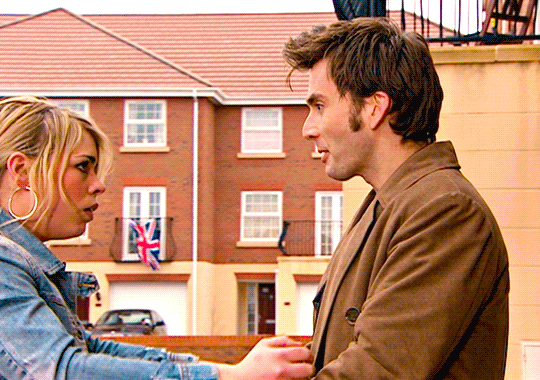
Doctor Who 2x11 “Fear Her”
302 notes
·
View notes
Text
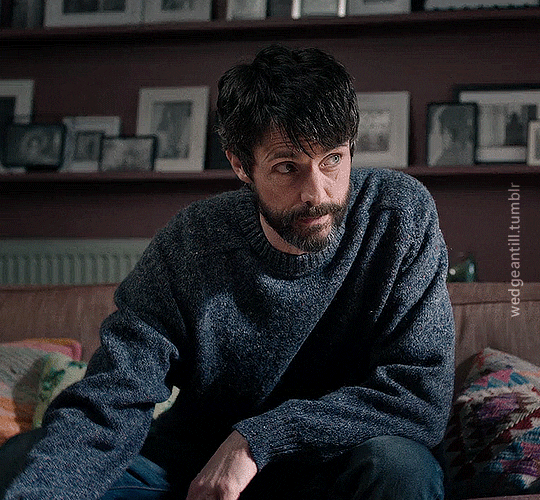
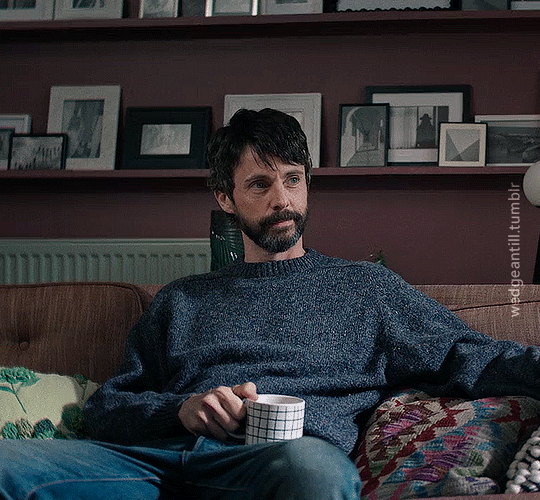
Dept. Q 1x07
110 notes
·
View notes
Text
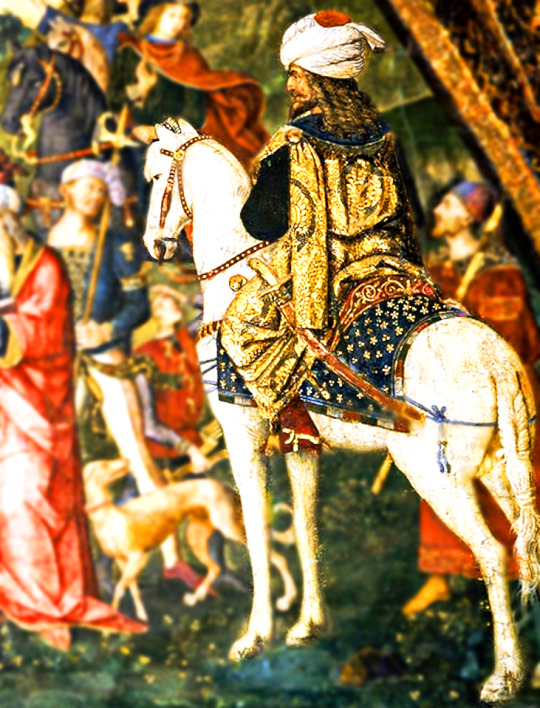
JUAN BORGIA, 2ND DUKE OF GANDÍA (1476–1497) — Biographical and Fictional Tidbits Masterpost ⚜️
Juan was the second son of Pope Alexander VI (Rodrigo Borgia) and his longtime mistress, Vannozza dei Cattanei. At 14, he inherited the title and estate of Duke of Gandía. When his father became pope, Juan, at just 17, was named Captain-General of the Papal Forces. His life, and especially his mysterious death, has fascinated people for centuries. Scholars often described Juan as strikingly handsome, looking much like his brother Cesare but with lighter hair. Known for his charm and sharp sense of style, he was sometimes seen as arrogant and carefree. Not everyone was critical, though: Giandrea Boccaccio, an ambassador from Ferrara in 1493, called him “naturally gifted,” while Tomaso Tomasi, in his book "Vita del Duca Valentino", described him as “a good and honest man with considerable ability.” Pope Alexander VI deeply favored his children, securing for them powerful roles in the Church and society. Juan, one of his favorites, received noble titles and military commands, setting him apart from Cesare, who was initially pushed into a Church career. The Aragonese chronicler Geronimo Zurita, however, wasn’t impressed, describing Juan as a “spoiled young man. haughty, cruel, and unreasonable,” full of grand ideas. Juan often strolled through Rome in his fine clothes, proud of his appearance. Like his father, he had a strong presence, and rumors swirled that Sancia, his brother Jofrè’s wife, was involved with both Juan and Cesare—a scandal that likely fueled Cesare’s resentment. He's often unjustly represented by biased scholars and showrunners. This post is intended to do justice to the historical figure, without either diminishing or absolving him.
THE SPECULATION SURROUNDING THE BORGIA BROTHERS' BIRTH ORDER: "No exact birth dates are known for Juan and his brother, and Juan was long thought to be Rodrigo Borgia and Vannozza dei Cattanei's eldest son, but modern research agrees that he must have been younger than Cesare. Evidence of this is provided by the tombstone of Vannozza, rediscovered in 1947, in which Giovanni is named as the second-born, and a papal bull from 1493, in which Cesare is described as the elder."
EXCERPTS FROM EMMA LUCAS' BIOGRAPHY:
LUCREZIA'S WEDDING (1493): “Juan and Lucrezia stepped forward to kiss the pope’s foot. They were followed by the ladies who once again passed in single file before the papal throne. A few of the more prominent women remained kneeling by the pope while the others moved to stand by his right. Among the prelates and other male guests at the pope’s left stood Cesare, an insignificant figure in ecclesiastical black who must have resented the stellar role of his younger brother. When all the ladies had kissed the papal foot, the bridegroom stepped forward in his Turkish robe and borrowed gold collar. He and Lucrezia knelt on cushions before the pope, and Alexander’s notary asked them if they were prepared to take one another as man and wife. Although they had never so much as exchanged a word, they both assured the notary that they did so ‘most willingly.’ Their replies were the signal for the bishop of Concordia to kneel beside them and slip the ring given the bride by her bridegroom on the ring finger of her left hand and a second ring on her index finger. During this ceremony, the commander of the papal army held an unsheathed sword over the heads of the newly wedded pair. The sword, a tradition at Renaissance weddings, was supposed to remind the bride of what awaited her should she forget her marriage vows. It was lowered as soon as the rings were in place on her fingers. The bishop then delivered a short sermon on the sacrament of marriage, and the ceremony was over. Juan again took his sister’s arm and led her and the other wedding guests into the Sala Reale, where the pope seated himself on his throne and the rest of the company found places on the cushions scattered on the floor.”
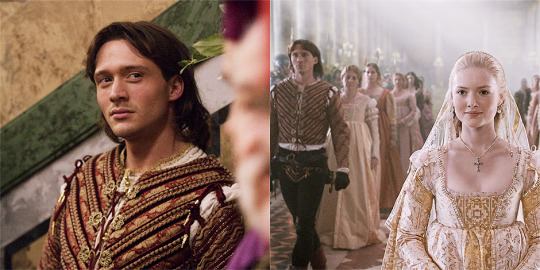
JUAN'S EXTRAVAGANT RETURN TO ROME FROM SPAIN (AFTER GETTING MARRIED), AND THE RUMORS INVOLVING SANCHA: “In August 1496, when Juan Borgia, Duke of Gandía, returned to Rome, it was taken for granted that he, too, must be sharing his sister-in-law’s bed. Alexander’s son, then twenty, had left his pregnant wife and year-old son, Juan II, in Gandía, setting sail for Italy in late July. Shortly before sunset on the evening of August 10, he arrived at the Porta Portese, mounted on a bay horse adorned with golden ornaments and tinkling silver bells. His red velvet cap was embellished with pearls; both the sleeves and front of his brown velvet waistcoat were embroidered with pearls and other precious gems. Those who saw him ride through Trastevere to the Apostolic Palace later found it easy to believe the rumor that this extravagantly dressed youth, with his jaunty air, had brought a ‘magnificent’ young Spanish woman as a gift for his father. However, whether this rumor or the subsequent rumors concerning Juan’s relations with Sancha had any basis in fact remains unknown.”
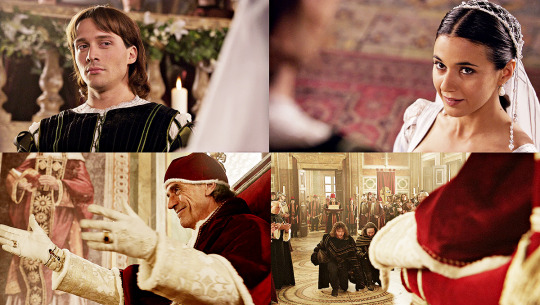
ALEXANDER'S GRIEF FOR JUAN / HIS VOW TO REFORM "Juan had wished to remain in Gandia, but his father had ordered him to return to Rome to lead the campaign against the Orsini. Hence, the pope’s conviction that they had killed his son must have left Alexander with the feeling that he partly was responsible for Juan’s death. In his agony, he saw the loss of his son as God’s way of punishing him for the worldliness of his reign, and he vowed to reform both himself and the church he headed. “We renounce all nepotism,” he told the consistory. “We will begin the reform with ourselves and so proceed through all the ranks of the Church till the whole work is accomplished.”"
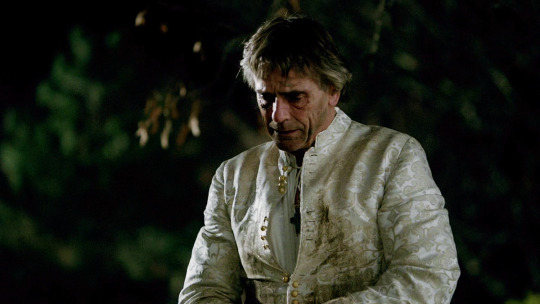
EXCERPTS FROM SAMANTHA MORRIS'' BIOGRAPHY:
SPOILED AND FLAWED: “Juan, who was always seen as Cardinal Borgia’s favourite, was described as incredibly spoiled but also incredibly handsome. His vain and overly self-indulgent character would only lead him to a sticky end later in life. He was later given the position of Gonfalonier—a military and political office in which the chosen individual would head the Papal armies—of the Church.”
JUAN'S TURKISH FLAIR / FRIENDSHIP WITH DJEM: “The young Duke of Gandía seemed to enjoy dressing up in Turkish clothing and going on jaunts with Prince Djem, a prisoner of the Vatican since he had been defeated by his brother, Sultan Bayezid, in a war of succession. Djem had been a prisoner since 1489, with a substantial bribe of 40,000 ducats per year to keep him confined in comfort.”
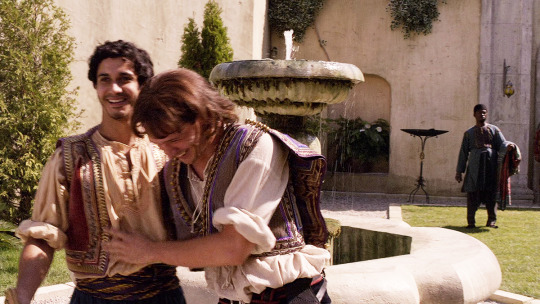
JUAN'S DAZZLING ARRIVAL IN ROME: “Juan returned to Rome in August 1496, leaving his pregnant wife, Maria, behind in Spain. Met at the Porta Portese by Cesare, it was evident that the 20-year-old Duke of Gandía had not outgrown his penchant for flamboyant clothing—in fact, he embraced ostentation in every form. He arrived in Rome dressed in a scarlet cap adorned with pearls, a brown velvet doublet encrusted with jewels, black stockings embroidered in gold with the sigil of Gandía, and a Turkish mantle of gold brocade. Even his horse was adorned with gold and jewels.”
JUAN & CESARE'S ROLES IN THEIR FATHER'S PLANS: “Both brothers knew they had their parts to play in their father’s plans. Unfortunately for Cesare, Juan was the center of Alexander VI’s military plans, which was precisely why he had been called back from Spain. For Cesare, his father was paving the way for a grand ecclesiastical career that would likely culminate in the papacy.”
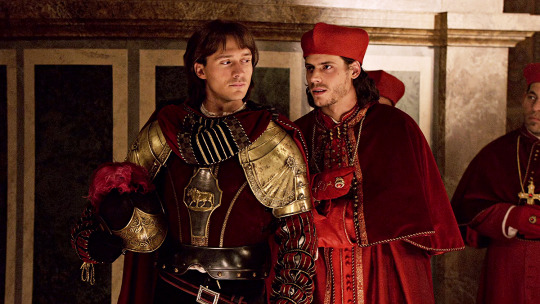
EXCERPTS FROM CHRISTOPHER HIBBERT'S BIOGRAPHY:
SWAGGER & SIBLING RIVALRY: “[Juan] could be seen swaggering about Rome in his gorgeous attire, excessively proud of his figure. Like his father, he possessed considerable sex appeal—it was widely rumored that Sancia gave her favors to both her husband’s brothers, further aggravating Cesare’s animosity. Cesare’s dislike of his brother intensified when Juan, though wholly unsuited to such a position, was chosen by Alexander VI as second-in-command to Guidobaldo da Montefeltro, Duke of Urbino and Captain General of the papal armies, which the Pope intended to deploy against the Orsini, a troublesome family who had sided with the French in their recent campaign in Italy and now controlled much of the Roman Campagna north and south of the city.”
THE NIGHT JUAN DISAPPEARED: “On Wednesday, June 14, 1497,” Johannes Burchard recorded, “Cardinal Cesare Borgia and Don Juan Borgia, Duke of Gandía, both dear sons of His Holiness, had supper with Donna Vannozza, their mother, and some other guests, at her villa near the church of San Pietro in Vincoli. After the meal, as night approached, the Cardinal suggested to his brother, the Duke, that they return to the Vatican; and so they mounted their horses and left with only one or two servants. They rode together almost to Cardinal Ascanio Sforza’s palace, built by His Holiness when he was vice-chancellor. At this point, the Duke told his brother he wished to pursue further pleasure before returning to the palace. Juan left his brother, dismissing all but a footman and a mysterious masked man who had joined him during the supper at his mother’s and had visited him at the Vatican nearly every day for the past month. Juan made room for this masked man to ride behind him on his mule, and they rode to the Piazza degli Ebrei, where Juan instructed the footman to wait an hour and then, if he had not returned, to go back to the Vatican. Soon afterward, the footman was attacked and gravely wounded. Found in a pool of blood, he was dragged into a nearby house, whose owner, too frightened to report the incident until the next morning, discovered the man dead. By now, Juan’s disappearance caused consternation at the Vatican Palace. Alexander VI hoped he had spent the night with a woman and wished to avoid being seen leaving her house in daylight. But as the Pope waited, his anxiety grew. He made urgent inquiries in the area where Juan was last seen. A timber merchant, who watched his wood unloaded from boats in the Tiber near the hospital of San Girolamo degli Schiavoni, reported that around midnight, he saw two men scout the riverbank, likely checking if the coast was clear. Soon after, two others approached stealthily, joined by a man on a white horse carrying what appeared to be a corpse. The group moved along the riverbank, stopping past a sewage dump. The body was pulled from the horse and thrown into the Tiber. The rider asked if it had sunk; assured it had, he noticed the corpse’s cloak floating and threw stones until it vanished. The five men then departed together. The merchant, questioned why he hadn’t reported this earlier, said he had seen at least a hundred bodies dumped there and thought little of it. Fishermen and boatmen dragged the riverbed and found Juan’s body, fully dressed, with a purse containing 30 ducats tucked into his belt. He had been stabbed repeatedly in his body, legs, and head. The corpse was taken to Castel Sant’Angelo, stripped, washed, and dressed in military uniform, then carried to the Church of Santa Maria del Popolo in a procession led by over one hundred torchbearers, ecclesiastics, and members of Juan’s household, all ‘weeping and wailing and in considerable disorder,’ Burchard noted. Alexander VI was distraught, ‘shutting himself away in grief and anguish, weeping most bitterly… From Wednesday evening until Saturday morning, he ate and drank nothing, and from Thursday morning to Sunday, he was quiet for no minute of any hour.’On Monday, June 19, the Pope announced at a special consistory: ‘The Duke of Gandía is dead. A greater calamity could not have befallen us, for we bore him unbounded affection. Life has lost all interest for us. It must be that God punishes us for our sins, for the Duke has done nothing to deserve so terrible a fate.’Recovering from his grief, the Pope vowed to reform the Curia, declaring, ‘We are resolved to think of the Church first, not ourselves or our privileges,’ and promising to ‘begin by reforming ourselves.’ He established a commission that issued a critical report on the Curia’s corruption. Yet, his zeal faded; after arresting Bartolomé Flores Morales, Archbishop of Cosenza, Alexander seized the official’s fortune and abandoned the reform program.”
JUAN'S NEPHEW / LUCREZIA'S BABY: "On March 15, 1498, according to the reports of the Ferrarese ambassador in Venice, [Lucrezia] gave birth to a boy who was christened Giovanni (Juan), in memory of her beloved brother, the murdered Duke of Gandía. The official bull declared that the child, delicately described therein as 'the Roman infant' (infans Romanus)."
VANNOZZA'S BURIAL NEXT TO JUAN: "Vannozza breathed her last at Rome, 26 November 1518, at the age of seventy-six. She was buried with conspicuous honours 'almost like a Cardinal' in the Church of Santa Maria del Popolo, near her son, the Duke of Gandia." "Interior of the Church of Santa Maria del Popolo, Rome. Juan Borgia was buried here following his murder in 1497, and his mother Vannozza was buried close by. There is no trace nowadays of their final resting place within the Church."
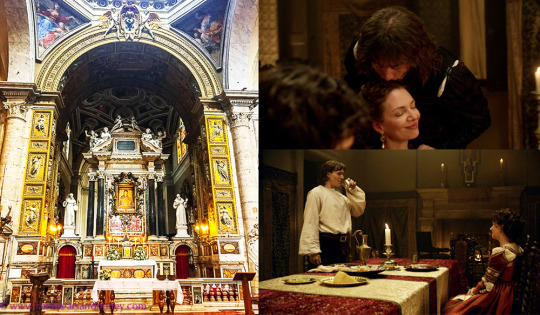
EXCERPTS FROM SARAH BRADFORD'S BIOGRAPHY:
FAREWELL TO JUAN / RODRIGO'S GRIEF: “Juan’s body was taken to Castel Sant’Angelo, where it was washed and dressed in brocade adorned with the insignia of Captain General of the Church. At six o’clock that evening, it was borne by noblemen of the Duke of Gandía’s household in a procession from Sant’Angelo to the church of Santa Maria del Popolo for burial in the family chapel, led by twelve torchbearers, palace clerics, papal chamberlains, and squires, ‘all marching along, weeping and wailing and in considerable disorder,’ as Johannes Burchard commented. ‘The body was borne on a magnificent bier so that all could see it, and it seemed that the Duke were not dead but sleeping,’ he recorded, while another observer remarked that Juan looked ‘almost more handsome than when he was alive.’ An elegant funeral oration was delivered for the Duke by the humanist Tommaso Inghirami, known as Fedra. Alexander’s grief for his beloved son was indescribable; even the stolid and normally unsympathetic Burchard was moved:‘The Pope, when he heard that the Duke had been killed and flung into the river like dung, was thrown into a paroxysm of grief, and for the pain and bitterness of his heart shut himself in his room and wept most bitterly. Cardinal Segorbe (Bartolomé Martí, a cousin of Rodrigo) and some of his servants went to the door, persuading him to open it, which he did only after many hours. The Pope neither ate nor drank anything from Wednesday evening until the following Saturday, nor from Thursday morning to Sunday did he know a moment’s peace.’By Monday, June 19, Alexander had recovered sufficiently to hold a public consistory, where he spoke of his son’s death in emotional terms: ‘The Duke of Gandía is dead. His death has given us the greatest sorrow, and no greater pain than this could we suffer, because we loved him above all things and esteemed not more the papacy nor anything else. Rather, had we seven papacies, we would give them all to have the Duke alive again. God has done this perhaps for some sin of ours, and not because he deserved such a cruel death; nor do we know who killed him and threw him into the Tiber.’”
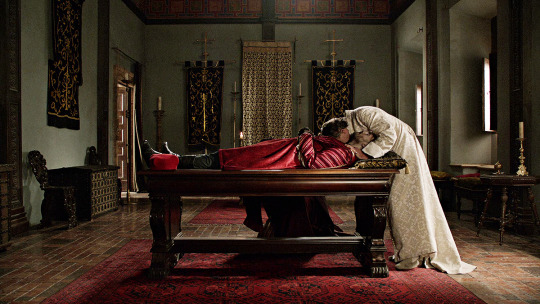
JUAN'S SHADOW HAUNTING CESARE IN 1500: “For the moment, however, Cesare could do nothing to further his plans; in that spring of 1500 everything turned on the outcome of events in Milan, where the French under Trivulzio were locked in a struggle for Lombardy with Ludovico, who had returned to his capital in triumph on 5 February. This forced inactivity seems to have thrown Cesare into one of those fits of nervous, almost superstitious, depression which tended to afflict him at such periods. He had presentiments of an early violent death, perhaps brought on by the prospect of his approaching investiture as Gonfalonier, which raised the spectre of his murdered brother Juan, invested with the same insignia only four years before.”
EXCERPTS FROM PAUL STRATHERN'S BIOGRAPHY:
JUAN'S PROMINENCE / CESARE'S ENVY: “At this point, the editor of Burchard’s diaries, Geoffrey Parker, interjects the telling point that: ‘As only an ecclesiastic, Cesare had very definitely a secondary rank at this wedding, where his brother Don Juan was the leading figure.’ He also mentions how other diplomats observed that Cesare was hardly noticeable amongst all the cardinals and clergy, ‘and was necessarily far outshone by his younger brother.’ There was no doubt that Cesare felt himself humiliated, and ‘jealous of Juan’s rank and opportunities.’ The ceremonies continued: ‘When all the ladies had kissed the Pope’s foot, Don Juan with Donna Lucrezia on his left, knelt on two cushions before the Pope.’”
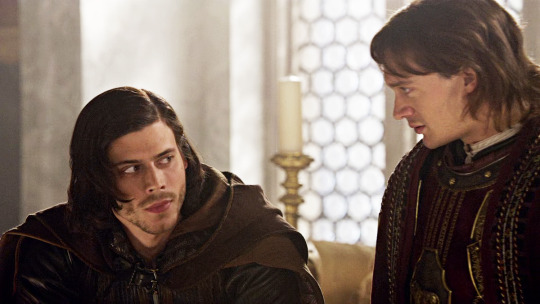
EXCERPTS FROM RAFAEL SABATINI'S BIOGRAPHY:
THE ARAGONESE CHRONICLER'S OPINION ON JUAN: “Juan, ‘the spoilt boy’ as the Aragonese chronicler Zurita described him, seems to have resembled Cesare in looks, though his hair was lighter in color. Handsome, vain, and self-indulgent, he lacked Cesare’s intelligence and self-control. As he grew up, observers remarked on the arrogance that was to earn him dangerous enemies.”
EXCERPTS FROM E.R CHAMBERLIN'S BIOGRAPHY:
JUAN'S EXOTIC FRIEND: SULTAN DJEM: “It was perhaps typical of Juan that he should make a friend of Djem Sultan, the brother of Sultan Bayezid II. Djem was now part guest, part hostage of Alexander, because Bayezid paid a very useful forty thousand ducats annually into the papal coffers as long as Djem, a potential rival, was kept in Rome safely out of the way. He both fascinated and horrified the Romans:‘The appearance of this barbarian prince is fierce and cruel, his body is well-knit and strongly built. He is above medium height, has one defective eye, and a head which is never still as he gazes threateningly around. If this venomous serpent breaks his bonds and escapes from the cage in which Christians have secured him, alas—what destruction and wounds he will inflict upon us if only he have power.’At thirty, Djem was nearly twice Juan’s age and exerted an extraordinary influence over him. Romans had double cause for scandal, witnessing the seventeen-year-old son of the Pope, dressed in an oriental turban, robes, and slippers, with a large curved dagger at his belt, walking arm-in-arm with the brother of the Grand Turk, the implacable enemy of Christendom. No one, however, was unwise enough to complain to the pontiff. The execution of Sforza’s wretched guest had shown clearly the limits of Alexander’s tolerance.”
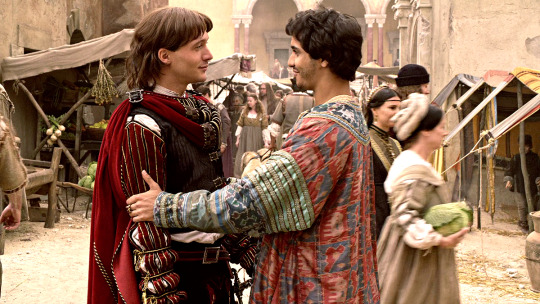
JUAN'S MURDER AS A TURNING POINT FOR CESARE: “The murder of Juan, Duke of Gandía, Duke of Benevento, Lord of Terracina and Pontecorvo, Gonfalonier of Holy Church, might have been designed as a key scene by a master dramatist, for it contained within it all the contradictory elements that were to make the Borgia story one of the great legends of Europe. The murder occurred at the precise moment needed to free Cesare and place him on his desired path, yet it is impossible to prove his responsibility. Details of the murder were subjected to an immediate and lasting blaze of publicity, yet its origins remain rooted in impenetrable obscurity. Its motives can be ascribed equally to political, sexual, dynastic, or frankly personal hatred. Persons closest remained silent, those more distant evolved their own explanations to account for the contradictions, and out of those contortions arose a legend that fatally besmirched the moral character of the entire family, even while it gave Cesare almost superhuman stature.”
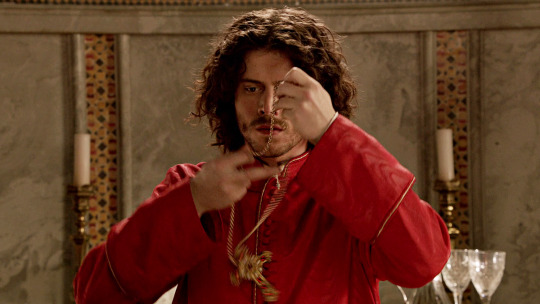
ALEXANDER'S HEARTBROKEN REVELATION: “The manner in which Alexander unbared his soul to the apprehensive College of Cardinals, lacerating himself, gave the clearest possible evidence of the reason why he had so favored Juan: he loved his son with a fierce, all-consuming love. His speech also provided posterity with a brief and almost uniquely undistorted insight into the true character of the man himself. All other actions of Alexander can be shown as simply the product of a ravenous worldly ambition; his desire to reform both the Church and himself could spring from no other source but spiritual remorse. The immense psychic shock of Juan’s death opened his eyes, if briefly, to what he had become, and his reaction was on a typically extravagant scale. It could not last. It was impossible for a man of sixty-seven not merely to abandon the habits of thought of a lifetime but to extricate himself from a situation that he had inherited with the tiara. But it showed that the spirit behind the splendid presence was not entirely atrophied, that under different circumstances he could have been a different man, and that it would not have been wholly blasphemous or ludicrous to predict that the Borgia family would, a generation later, give a saint to the Roman Church.”
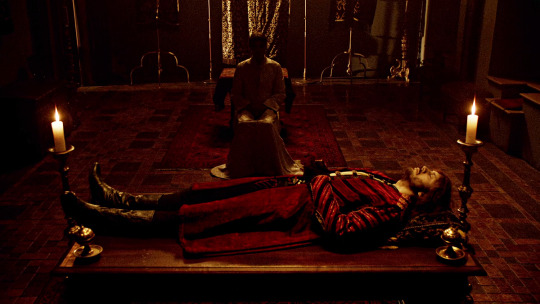
LUCREZIA'S SIBLING BONDS / BORGIA ENIGMA: “It was only in Lucrezia’s relationship with her brothers that there is some ambiguity, something to give color to, if not make credible, the charge of an illicit relationship. As far as Juan Borgia was concerned, that relationship undoubtedly sprang from nothing more than the powerful Spanish bond of blood, raised to a potent degree by the hero-worship any normal young girl would hold for a glamorous older brother. But an analysis of the attraction that Cesare held for Lucrezia leads straight into the very heart of the Borgia enigma.”
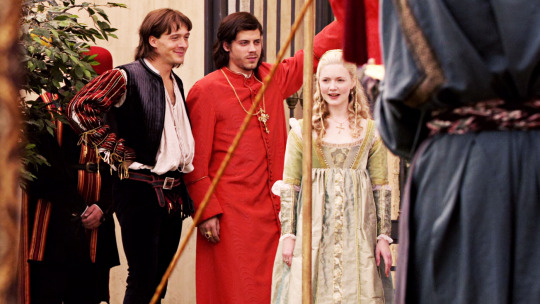
LUCREZIA'S GRIEF AND A SHATTERED PLAN: “In June occurred the murder of her brother Juan, which struck her with particular force. Not only was she attached to the handsome young braggart, there had also been a scheme for Juan to take her with him when he returned to Spain, that magical land which loomed so large in the Borgia consciousness. Had she been taken out of Rome’s festering atmosphere, her entire life probably would have changed.”
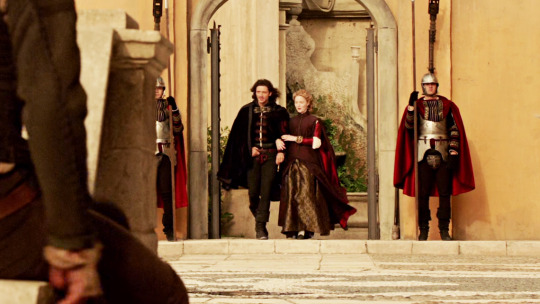
DELLA ROVERE'S CONDOLENCE LETTER TO RODRIGO REGARDING JUAN'S DEATH: “Della Rovere had made the first move toward a reconciliation. At Juan’s death he wrote a condoling letter to the shattered father. Alexander accepted the gesture; he may, perhaps, have been unusually vulnerable during the terrible days following the murder, but he was also well aware of Della Rovere’s high standing at the court of France. Fulsome letters passed between the two, and out of them arose Della Rovere’s appointment as papal legate to the court.”
GUICCIARDINI'S ACCUSATION OF CESARE'S FRATRICIDE: “Guicciardini summarizes Alexander’s hopes and plans for Juan, and then goes on to describe how Cesare, filled with hatred and jealousy of his brother ‘and besides, at his having a greater share in the affection of Madonna Lucrezia, their common sister, incited by lust and ambitions—powerful incentives to the commission of any shocking piece of villainy’ planned the murder of Juan.”
EXCERPTS FROM CARLO BEUF'S BIOGRAPHY:
ACCUSATIONS AGAINST CESARE FOR JUAN'S MURDER: “In a relazione—a report—delivered to the Council in Venice on 28 September 1500, Paolo Capello declared: ‘He [Cesare] killed his brother the Duke of Gandía and had him thrown into the Tiber.’ Capello had been appointed by the Republic orator to Rome at the end of May 1499, two years after the murder.Machiavelli, always a wary historian and an admirer of Cesare, repeated with variations: ‘…About the middle of the month the Duke of Gandía died. At that moment they did not know by whose hand; later it was held as sure that the murder had been committed by the Cardinal of Valencia, or by his command, because of envy or because of Madonna Lucrezia.’Also Guicciardini, a great historian but a bitter enemy of the Borgias: ‘…[Cesare] caused him [Gandía] to be killed one night as he rode alone in the streets of Rome, casting his body in the river Tiber.’ Sigismondo de’ Conti, secretary to Julius II and author of a ‘History’ of his time, in speaking of Pope Alexander and his family: ‘For quite some time there had been a question as to who had killed Juan, Duke of Gandía. It was suspected that it was Il Valentino [the name by which Cesare was later to be known] because of rivalry in power and that he [Juan] was better loved and the favorite of his father Alexander, whom he resembled in the eyes and in all his features.’”
EXPLORING CESARE'S INCENTIVES FOR MURDER: “First of all, as no one who is not a maniac commits murder without compelling incentives, let us see what, in Cesare’s case, these may have been. The passional motive may be ruled out, although there was a time when it found credence all over Italy and even writers of the caliber of Machiavelli deemed it worth registering. Only unsubstantiated gossip, mostly hatched in Pesaro, suggests that Juan’s relations with Lucrezia were such as to arouse Cesare’s jealousy. Even a superficial knowledge of his amorous life disposes of Sanudo’s hypothesis that Sancha, whose favors both he and Juan enjoyed, may have been the cause of the tragedy. There are other motives, however, that cannot be so lightly set aside.”
CESARE'S TRUE MOTIVES FOR JUAN'S MURDER: “It has been said, as proof of Cesare’s innocence, that he did not derive any advantage from Gandía’s demise, for Gandía’s fiefs, titles, and moneys went, as expected, to the dead man’s son. But to imagine that Cesare might have wished to eliminate Juan merely to appropriate his possessions is grossly to misunderstand Cesare’s character and aims. What he coveted was not Gandía’s principalities and revenues, but his position at the Vatican with all the opportunities it entailed. Once he had this firmly in his hands, revenues and titles could be expected, as they actually did, to pour in upon him as naturally as autumn rains on a field. Besides, it should not be overlooked that Cesare assumed the task of administering the estate in the name of Juan’s son during the latter’s minority, an arrangement certainly not sponsored by the widow, who loathed him with all her heart and openly accused him of being her husband’s murderer.”
EXCERPTS FROM ARNOLD H. MATTHEW'S BIOGRAPHY:
JUAN'S RISE AND SPLENDOR IN RENAISSANCE ROME: “This Juan (Don Giovanni) was Rodrigo’s second son, born in 1474. At the time of his father’s promotion to the Papal See, he was already in a wealthy and influential position. When the news of the election reached him, he journeyed to Rome to join the other members of his family. He originally intended to stay only a short time there and, therefore, sent his wife back to Spain. However, his visit prolonged itself, and on June 12, 1493, he was present at the wedding of his sister Lucrezia with Giovanni Sforza, where he presented her with a goblet worth seventy ducats. On June 16, he went with his brother Cesare to receive the Spanish ambassador. On this occasion, they displayed so much pomp and magnificence that they might have been taken for monarchs. From a letter from the King of Naples appointing him Duke of Sessa and Prince of Teano, it is evident that he tarried in Rome until the beginning of August, when he returned to Spain onboard a Spanish galley laden with valuables on which the Roman goldsmiths had been working for two months. Nothing more is heard of him until August 10, 1496, when he came back to Rome. He made his entry into the capital with great ceremony, accompanied by such as his brother, Cardinal Cesare Borgia, and the papal court.”
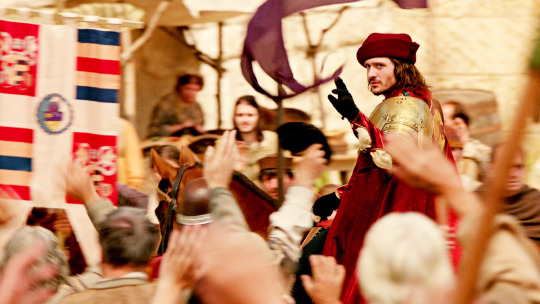
JUAN'S RISE, FALL, AND UNEXPECTED LEGACY: “Soon afterward, the Duke of Gandía was appointed Captain of the Church by the Pope, and, in spite of a conspicuous lack of military ability, on June 7, 1497, he was made Duke of Benevento by the unanimous vote of the College of Cardinals. Tomaso Tomasi represents Juan as a good and honest man of no mean ability; there is little doubt, however, that he led an immoral life, giving himself up to gambling and other, less pardonable, excesses. His father loved him with a fierce, passionate love, and his tragic death, in June 1497, of which we shall hear anon, was a source of deepest sorrow to him. He left two children: Juan, third Duke of Gandía, and a daughter, Isabella, who were piously educated by a saintly mother. Juan married an illegitimate daughter of the Archbishop of Zaragoza, himself a bastard, and, strangely enough, the first child of this alliance—which united so much family iniquity—was Francisco Borgia, fourth Duke of Gandía, who afterward became a saint.”
EXCERPTS FROM GENEVIÈVE CHASTENET BIOGRAPHY:
JUAN'S EXTRAVAGANCE AT LUCREZIA'S WEDDING: “Cesare, Archbishop of Valencia, took his seat to the Pope’s left while Juan remained on the threshold of the room and let his sister advance towards the throne. With her light step and as if moved by an inner dance, Lucrezia seemed not to touch the ground, one could hear only the rustle of her dress and the clink of her jewels. Her gaze full of candor fixed on the Head of the Church, she approached, bowed deeply, brushing her lips against her father’s mule. Juan wears a velvet hat edged with pearls and a brown coat with sleeves embroidered with precious stones, ‘This prince of comedy covered in jewels,’ Burchard ironically relates, nevertheless succeeds in astounding the Romans, who nevertheless know a thing or two about luxury.”
BORGIA MAGNIFICENCE AT LUCREZIA'S WEDDING: “One can imagine Lucrezia casting a delighted glance over all this jubilation, both preoccupied and amused by her role as bride. Amid the provocative vivacity of Giulia Farnese, the true triumphant of the party, the magnificent vigor of her father, the beauty and elegance of her brother Juan Borgia, the mysterious power of fascination exercised by Cesare, her other brother.”
EXCERPTS FROM MARIA BELLONCI'S BIOGRAPHY:
A BELOVED INTERCESSOR: “The culmination of all Alexander VI’s maneuvers was the beautiful Juan, Juan the beloved, the very heart of his father. One could not have had a ‘better or wiser intercessor’ to obtain papal favors, said Vannozza’s husband, Carlo Canale, to the Marquises of Mantua when he requested the gift of horses from the famous Gonzaga stable for the one he called with cheerful nonchalance ‘my son-in-law.’ In dealings with His Holiness you could have no better intercessor than His Lordship, because he is the eye of His Holiness Our Lord. Juan could rightly believe himself destined for a brilliant future.”
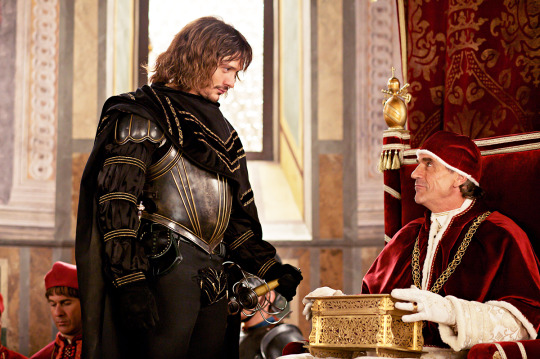
JUAN'S HEDONISM: “Young, handsome, rich, Juan Borgia desired nothing more than to enjoy the advantages offered by life and to spend his time in the company of women who pleased him: courtesans who satisfied his dissolute temperament; severely guarded women or young girls, who excited in him a certain need for adventure and gave him the illusion of having won a battle, the only kind of war he was willing to engage in. He desired anything that could arouse surprise and earn him the admiration of any audience: he was immoderately vain and a great snob. One can therefore imagine how much he found to his taste the most picturesque character then in Rome.”
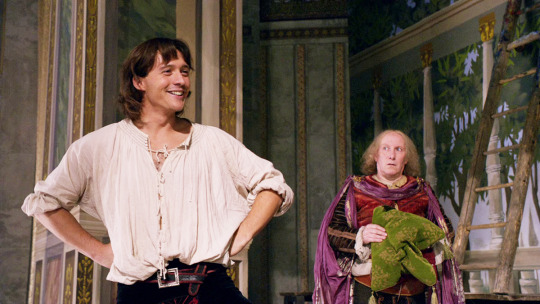
THE RIGHT EYE OF THE POPE: “The culmination of all Alexander VI’s maneuvers was the beautiful Juan, Juan the beloved, the very heart of his father. One could not have had a ‘better or wiser intercessor’ to obtain papal favors, said Vannozza’s husband, Carlo Canale, to the Marquises of Mantua when he requested the gift of horses from the famous Gonzaga stable for the one he called with cheerful nonchalance ‘my son-in-law.’ Juan could rightly believe himself destined for a brilliant future. Juan of Gandía, ‘the right eye of the Pope,’ seemed to all destined to ensure the greatness of the Borgia house.
LUCREZIA'S WEDDING: "One can imagine Lucrezia casting a delighted gaze over all this jubilation, both preoccupied and amused by her role as bride. Between the provocative vivacity of Julia Farnese, the true triumphant of the party, the magnificent vigor of her father, the beauty and elegance of her brother Juan, the mysterious power of fascination exercised by Caesar, her other brother."
JUAN'S WEDDING, THE SCANDAL THAT FOLLOWED, AND HIS PLEA TO HIS FATHER: "Accompanied by the proud and restless wishes of his father, on August 2nd, Juan was leaving: he had not yet arrived in Civitavecchia when a messenger from the Pope reached him, bearing a new list of instructions. Among these was the directive to pay meticulous attention to his appearance: to take care of his complexion and hair, and above all, to wear gloves and not remove them until he reached Barcelona. "The saltiness spoils the skin," explained his far-sighted father, "and in our country, beautiful hands are very important." On August 4th, Juan embarked on one of the four galleys that formed his retinue, and on the 24th, escorted by his advisors and guardians, he landed in Barcelona. There, waiting for him, were his bride and her father, Don Enrico Enriquez, cousin of the king—a "very wise and expert person" who, a few months earlier, in March, had caused a stir regarding the conscience of papal morality. This had prompted Datary Giovanni Lopez to write a curious letter from the Vatican in defense of the Borgia family, denying all "sinister information" and declaring: "Time will give an account of this glorious life."
Convinced—if not entirely, at least sufficiently—Don Enrico now led his sixteen-year-old daughter to meet her groom. Juan arrived looking handsome, smiling, and with his gloved hands full of gifts—truly embodying, for a young girl, the insipid yet adorable dream of Prince Charming. The wedding took place in the days that followed, in Barcelona, in the presence of the King and Queen of Spain and their court. After the ceremony, the newlyweds remained in Barcelona for some time before moving on to Valencia, and later to Gandia. However, pessimistic reports about Juan's behavior soon reached Rome. It seemed that he was so inattentive to his wife that he had not even consummated the marriage, leaving her alone while he wandered at night with reckless companions. Moreover, in just two months, he had squandered two thousand six hundred gold ducats on gambling and riotous activities, and had even attempted to seize the revenues of the duchy.
When this news reached the Pope, one can imagine his offense. He feared, more than anything, the wrath of the King of Spain, who certainly would not have tolerated such contempt from Juan towards a bride of royal blood. Alarmed and ever concerned with the public image of his children, Alexander VI wrote a letter full of stern reproaches to Juan on October 30th from Viterbo. He also instructed Cesare Borgia to write a letter on the same matter, adding a few lines in his own hand to the draft. Additionally, he had the same cardinal write to Don Enrico Enriquez, the bride's father, in a previously unknown letter filled with protests, assurances, and guarantees. Juan promptly replied to his father at length, explaining himself. He admitted feeling some fear of his father's anger, describing this fear as "the greatest anguish I had ever felt." He could not understand how the Pope could have believed "sinister reports written by some malicious people against the truth," when his marriage had, in fact, been consummated. To support his claim, he cited the testimony of the Archbishop of Oristano, Mossen Pertusa, Fira, and other trusted individuals. Furthermore, he reminded the Pope that he had even been informed of the specific day, hour, and minute of the consummation of the sacrament.
As for his night walks, Juan admitted they were true but argued they were harmless. He explained that he had been accompanied by Don Enrico, his father-in-law and a relative of the king, as well as other "knights and honorable people," merely strolling along the coast as was customary in Barcelona. This last statement, with its appeal to the customs of his native land, was intended to sway Rodrigo Borgia's Spanish heart more than any other excuse—it had been included deliberately.
"What worries me," Juan added, "is that Your Excellency has given credence to things that have no semblance of truth." Despite Juan's attempt at portraying himself as a slandered virtuous man, his sincerity failed to convince anyone. Other letters followed between father and son, with the Pope often reproaching and Juan justifying himself. Juan's letters revealed prodigality without grandeur, selfishness, and a superficiality of judgment, in contrast to the indulgent yet discerning attitude of Alexander VI. The Pope, despite his son's repeated assurances, could not remain calm. However, he finally breathed easier in February 1494 when news arrived from Spain that the heir to the Duchy of Gandia was soon to be born. With his doubts dispelled and now confident in Juan's future, Alexander VI turned his attention to providing for his younger son with the same zeal."
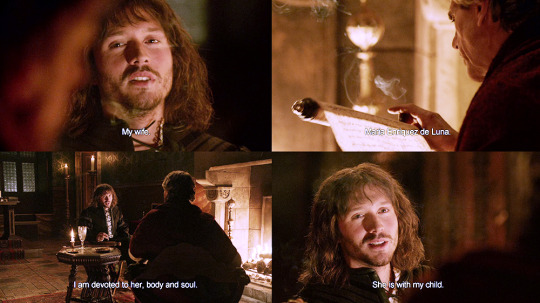
THE SHATTERED DREAM OF JUAN'S PROMISE TO LUCREZIA: “At San Sisto, Lucrezia had learned of the death of Juan certainly with great pain, because she had a passionate attachment to her family. On this elegant and brilliant brother she thought she could count in the future and in all circumstances. It can be supposed—and one will recall Juan’s interest in his sister—that, with the easy benevolence of wealthy and fortunate men toward the women of their own household, Juan had made her great promises to help resolve the vexing problem of her future. Among others, there was the promise, repeated by the chroniclers right after the flight of the Count of Pesaro, to take her with him to the dreamland of the Borgias, Spain. Sudden and cruel death, uncertainty, and isolation had followed all these plans.”
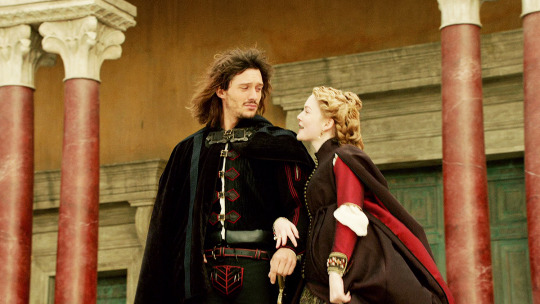
WHAT MACHIAVELLI HAD TO SAY ABOUT "THE PRINCE'S" BROTHER:
“Cesare and his brother Juan were turned into rivals for their sister Lucrezia’s sexual favors. Machiavelli, writing about a year after Juan’s murder, recorded simply that it had taken place and wisely refrained from speculating as to motive. Some years later, however, when he was working his notes into a more permanent form, he altered his cautious statement and gave gossip the status of historical record. ‘At the time it was not known who did it, but later it was said that it was the Cardinal of Valencia [Cesare] who was the author of this murder, either through envy—or on account of Madonna Lucrezia.’ Busy tongues had obviously turned the rivalry of Cesare and Juan for their sister-in-law Sancha into an incestuous rivalry for Lucrezia, and Machiavelli, without troubling to track down the source of his story, added it to the store of Borgia scandal—though with that saving phrase ‘it is said.’ Even now, the story would probably have been dismissed by posterity, for Machiavelli’s works, despite their manifest genius, are as manifestly infused with polemics.”
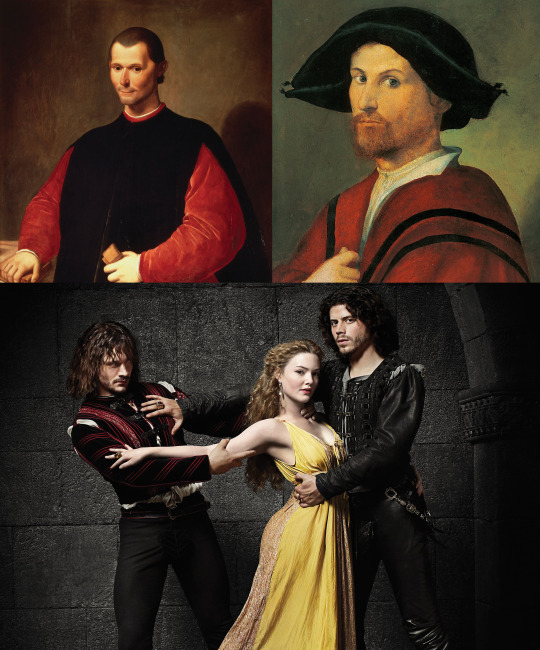
====== HISTORICAL FICTION ======
EXCERPTS FROM MARIO PUZO'S "THE FAMILY":
JUAN'S SPANISH BEAUTY: “Juan Borgia was almost as tall as Cesare, but slighter of build. Like his brother and father, he was an attractive man but with a difference. He had the slightly slanted eyes and high cheekbones of his Spanish ancestors. His skin was bronzed from his long hours of riding and hunting but there was often a look of suspicion in his widely set dark eyes.”
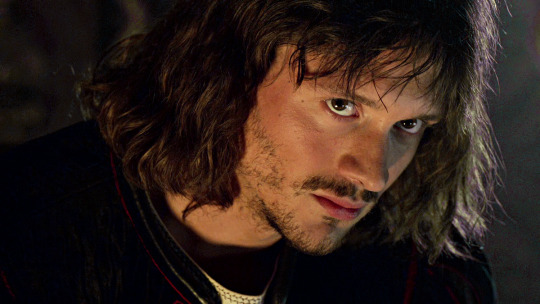
JUAN'S SENSITIVITY, CRUELITY, AND MASK OF DISDAIN: “Juan, on the other hand, was more sensitive to personal injury, though quite insensitive when it came to others. He had a cruel streak, and most of the time wore a sardonic expression. He had none of Lucrezia’s easy grace, and none of the charisma of his older brother. Still, Alexander was very fond of him, sensing in him a vulnerability that Cesare and Lucrezia did not have.”

EXCERPTS FROM SARAH DUNANT'S "BLOOD & BEAUTY":
JUAN'S LION-LIKE VIGOR: “[Juan] is cocky and proud as a young lion. Juan with his mane of red-brown hair and a nose as straight as his own is beaked. Juan, so fresh and smooth that there is almost a girl’s prettiness to his face. But at nearly seventeen, there is nothing feminine in his behavior. Such boundless energy, such outrageous confidence. Where others see vanity, Alexander sees only promise. A young man roaring and chafing at the bit, ready to take on the world. And why not? When did life ever reward those who cowered in its corners?”
====== LETTERS ======
JUAN'S HOMESICK PLEA TO LUCREZIA (1494): “I feel a great desire to have news of you, for it has been a great while since I received a letter from you. You can imagine, my lady sister, what a great joy your letters are to me, for the love I bear you. So, do me the favour of writing for my consolation, because already the Duchess, my wife, complains a great deal of you, that you have never written despite all the letters sent to you from here. She commands us to ask you to write; she is pregnant and in the seventh month. It seems two years since I left. I have written to His Beatitude to order my departure, and from day to day, I hope for this order… I commend myself to the lord of Pesaro, my dear brother, and similarly to Madama Adriana and Madama Julia…”
JUAN'S JOYFUL CONGRATULATIONS TO CESARE (1493): "I cannot say what joy I felt on learning that Our Lord, His Holiness, by his great mercy, created your Reverend Excellency a Cardinal, as I was informed by a brief of His Holiness. This is the news I was hoping for with the greatest desire. Make good use of it, and may it please divine mercy for the salvation of the soul, and prolong the days of His Holiness, with whom we find our consolation, and receive from it many graces. May I see your Reverend Excellency grow, as I desire, all in the service of God and of His Holiness. As for me, I arrived in this city on Thursday, October 10; and being at Puçol, which belongs to your Excellency, three leagues from Valencia, many Valencian knights and lords were already with me. And now, with much love and kindness, they visited me until midnight. I am much grateful, Most Reverend Excellency, for this city and these Valencian lords, who, in truth, are very nice people, magnificent and well-dressed, and of good education. All, by their merit, show me a great deal of love, and they take such care of me that, to prove them right on this point, I cannot be longer than this, except to write that I remain praying with divine mercy to protect your Reverend person, as I wish it. From the obedient brother and son, Duke of Gandia."
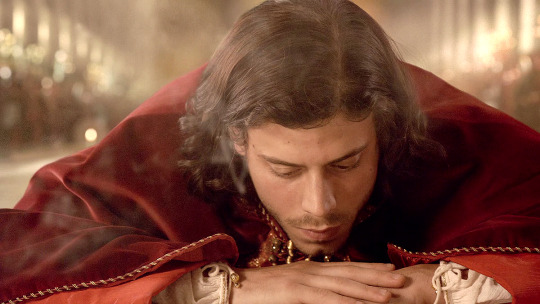
CESARE CELEBRATING JUAN'S RISE/RODRIGO'S TRIUMPH (1493): "For your consolation, I inform you that, thank God, His Holiness, Our Lord, is much better, health restored, joyful, content, and triumphant, especially now that he has come to an agreement, through the intermediary of the Lord Virginio Orsini, with the Majesty of the King of Naples, with immense honor for His Holiness and Your elevation. Indeed, His Holiness, who loves you so dearly and thinks of nothing else but to make you great, has obtained for Your Lordship from said Majesty the most beautiful State in the kingdom, that is to say, the principality of Tricarico and the county of Carinola and Claramonte, which offers 12,000 ducats of income, which I am all the more happy for, for the very great love I have for you. We are quite right, my lord brother, to continually embrace the land that His Holiness treads, and to always pray for the life of he who has elevated us so greatly. Because of that, I ask of you that you continue to serve and please His Holiness, so as to show him gratitude on our part in all we can. This agreement was obtained ten or twelve days ago; and you will be surprised to know I haven’t seen this agreement beforehand, finding myself somewhat ill when such a peace was concluded, one which I constantly intervened in from beginning to end. I left for the baths of Stigliano, where I stayed until last night, having returned healed, by the grace of Our Lord God. During today’s consistory, Most Reverend Lord Cardinal Monreale [Juan de Borja Lanzol] was made legate for Naples, where he will travel over the next six days to crown the King. Shortly after, the illustrious Lord Don Gioffre, our very dear brother, will leave, accompanied by the illustrious Lady Sancia, his wife, with whom will come Lord Virginio [Orsini] and many others. I am sure that he will be received triumphantly, as the letters of His Holiness, Our Lord, will inform Your Lordship with greater detail, to whom I recommend myself, and no less to the illustrious Duchess, my very dear sister. From your brother who loves you as he loves himself, C. Cardinal de Valencia."
SAVONAROLA'S SPIRITUAL CONDOLENCE TO RODRIGO ON JUAN'S DEATH (1497): "Most Blessed Father, after kissing your blessed feet: Faith, supported by innumerable miracles and the divine works of the most famous men, by prophecies as well as arguments and doctrines, and continually strengthened by the blood of countless martyrs, is the one and only true peace and consolation of the human heart. For in that it transcends sense and reason and rests on the divine power and goodness, bearing the soul away to things invisible, it makes us be not in this world and imparts to us a greatness of soul. By it we can not only bear patiently all adversities, but even glory in tribulations. Certainly it is written: “Whatever befalls the just man will not sadden him” [Prov. 12:21]. The just man, indeed, is one who lives in faith, as the Lord attests, Who says: “My just one shall live in his faith” [Abac. 2:4]. Blessed, therefore, is the one who is called by the Lord to this grace of faith, without which no one can have peace, as Isaias says: “There is no peace for the wicked, says the Lord, my God” [Is. 48:22]. And so, let Your Holiness, Most Blessed Father, respond to this, because suddenly “sorrow may be converted into joy” [Joh. 16:20]; for sweet is the Lord, Who in the immeasurableness of His kindness passes over our sins. Every other consolation is trivial and false, because time is short and we transmigrate to eternity; faith alone brings joy from a distant land. What I have heard and seen with my eyes and touched, these things I speak [I Joh. 1:1-3], for the sake of which I willingly suffer persecutions so that I might merit Christ and escape eternal punishment, knowing that “it is terrifying to fall into the hands of the living God” [Heb. 10:31]. Therefore, let Your Blessedness encourage the work of the faith for all men, “on account of which I labor unceasingly even to the point of imprisonment” [II Tim. 2:9], but lend no ear to the impious, and the Lord will give you “the oil of gladness […] in return for the spirit of mourning” [Is. 61:3], for the things which I have prophesied and prophesy are true and from God. “But who has opposed God and had peace?” [Job 9:4] These things, Most Blessed Father, I humbly write to you — a few words to the wise — with charity as my guide, desiring Your Blessedness may be truly and not falsely consoled in the Lord, because “when His anger is enflamed suddenly, blessed are all they who trust in Him” [Ps. 2:12]. And so “may the God of all consolation” [II Cor. 1:3], “Who has led forth from the dead our Lord Jesus Christ, the great Shepherd of sheep,” [Heb. 13:20] in the blood of His everlasting covenant” [Heb. 13:20], “console you in your every tribulation” [II Cor. 1:4]. Farewell. From Florence, the seventh Kalends of July 1497. The son and servant of Your Blessedness, Brother Girolamo Savonarola, of the Order of Preachers, by his own hand."
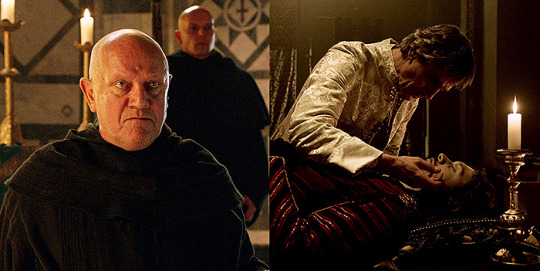
JUAN'S PORTRAYAL BY DAVID OAKES IN "THE BORGIAS":
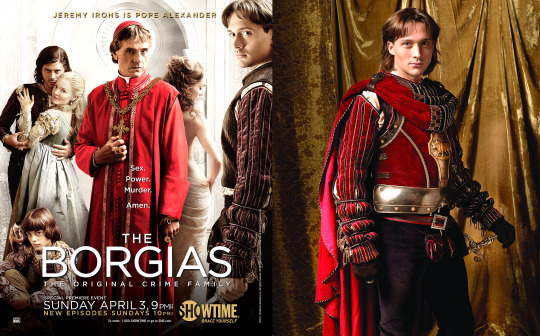
(I picked only Juan's portrayal in Showtime's The Borgias, not only because his portrayal in other media is almost a one-note character, but because Oakes' interpretation of Juan goes beyond the original intent for Juan. He not only gave him depth, humanity, and rich layers, but also made him a very authentic character, despite the narrative attempts to diminish him in favor of Cesare)
JUAN'S FLAIR, FLAWS AND BRAVADO: "There is some question as to whether Rodrigo is actually Juan's father, so he feels constant need to prove he is a real Borgia, Juan has a lot of flair and personality, but he's also perhaps a bit naïve and a little weaker than his brother. That compels him to compensate with bravado, which makes him dangerous." (⚜)
THE LOYAL OUTCAST OF THE BORGIA: "He’s spent the entire time being picked upon and bullied by the family. I think personally from where Juan stands he sees the hypocrisy in the family, how they can do one thing and say another. As far as Juan is concerned he’s always had the best interests of the family at heart, however misguided that might be and doesn’t quite comprehend why nobody understands that. Nobody seems to understand that what he does, he does for the betterment of the Borgia clan and never waivers from that. He does that in ways that perhaps aren’t sanctioned by the church or sanctioned by family law.” (⚜)
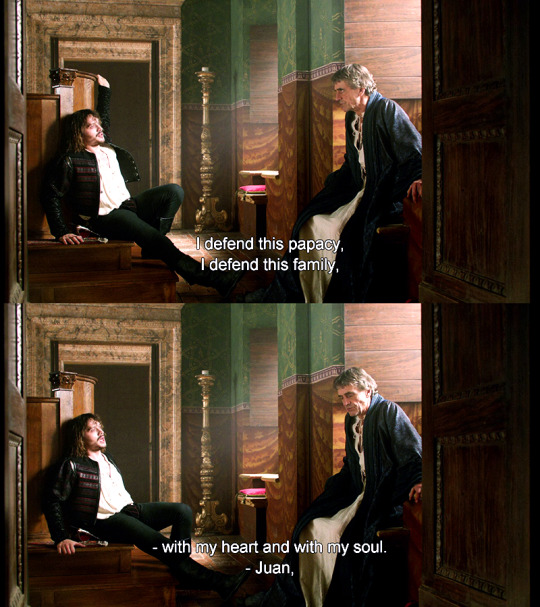
HUMANITY BEHIND ARROGANCE: “You got this wonderful meeting between what [creator] Neil Jordan wanted initially for Juan to be, and what they ended up with having cast me in the role. I don’t try to make him likeable. I try to just make him human. It goes beyond that. I was always trying to show Neil that behind the arrogance and uselessness, there sort of was this true human being that desired to impress people.” (⚜)
HEARTFELT EAGERNESS AND HEROISM: “One thing that I’ve always said about Juan is that every action that he does is heartfelt and genuine. When it was the war against the French, he was there and he was going to go to war, even though he knew he was going to die. He saw them getting ripped apart, but he was there and he was going to do it. I believe if Lucrezia hadn’t come over, he would have led all his troops into death. I don’t think there’s anything that he’s done which was through general cowardice. In terms of his survival, he died how he lived, and that’s laudable, in itself.” (⚜)
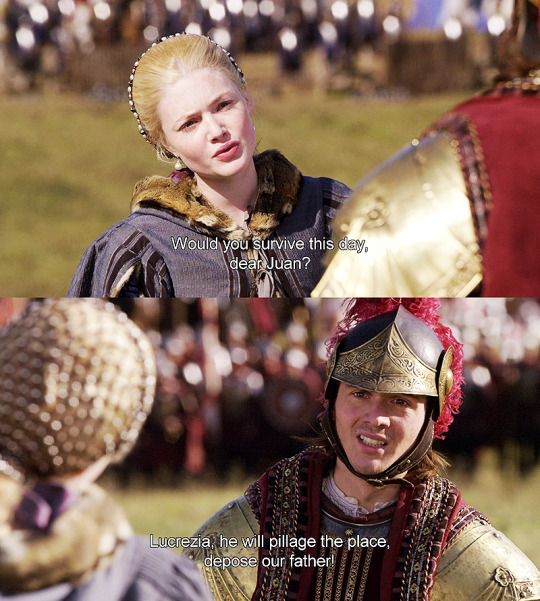
TRAGIC ISOLATION AND YEARNING FOR HIS SIBLINGS: “There’s a great little scene which we shot on the third-from-last day, which is Juan in the opium den scene, looking up at the ceiling with the smoke everywhere, where he says, ‘I think my brother and sister are having congress,’ which is the first time anyone in the entire series—I mean the audience had been thinking that for a while—that something twisted was going on between them. And the fact that Juan is aware of this and concerned by this is quite an interesting one. I don’t think he’s jealous of them being together. I think he’s jealous of not being a part of it as well. When he forgives Cesare at the end, saying how they’re brothers and wants to be together, I think that’s genuine. That’s the first time you realize what he’s always wanted. He just wants to be a part of the family, and at every turn they’ve not allowed him. They’ve always pushed him away, which is a great shame.” (⚜)
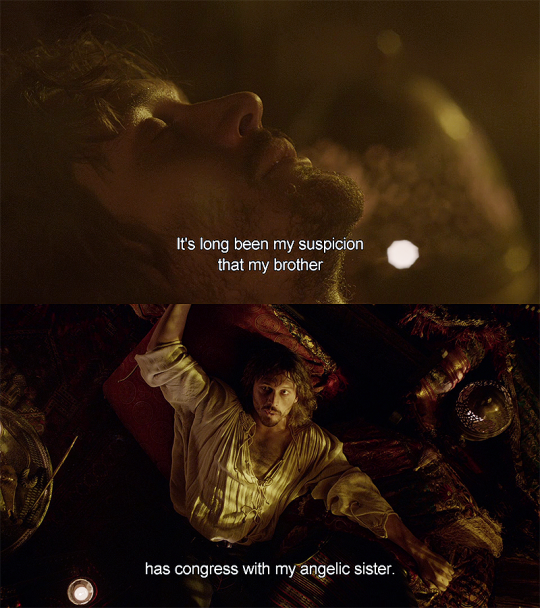
RELENTLESS SOLDIER DOOMED FOR TRAGEDY: “You’ve got this boy. And he is a boy at that stage still. He’s confessing that he’s always been quite miserable and been quite harsh on himself. He’s given them every opportunity to change their mind and see him for what he is. He finally gets things in order. He finally starts to work well. He gets a whole siege together, and it’s working. Then it all turns around because of Cesare. And he gets shot in the leg (laughs). How many times must he try to get something right before someone ruins it for him? He has the worst luck. He never gets a good break. But every now and then, when he gets it right, he still gets it in the end. He does a successful siege. He loses. He apologizes to his brother and gives his heart to him. And he still gets stabbed and thrown off a bridge.” (⚜)
LOVE AND FORGIVENESS VS. HATRED AND FRATRICIDE: “Because of the opium addiction, and because of what he’s saying, and because it’s so heartfelt and emotional—for the majority of that speech, it was quite singularly focused upon him. It was this torrent of thoughts rushing out of him that he’d been wanting to say for such a long time. And then finally, in that hug, everything comes to a head. That was quite moving. But I’m not sure Cesare will reciprocate that. Through all of that walk, he was so rigid and just preparing himself to do it, that he was not really listening to Juan, I thought, on the day—but intentionally, in character. If he had listened to what he was saying, perhaps Cesare would not have gone through with the act of killing his younger brother—especially when they are apologizing for their bad habits and trying to help them become more comfortable with themselves. It gets very close, doesn’t it? It’s interesting that Juan’s attempt at relieving pain is through closeness and hugging and love. Cesare’s attempt to relieve pain is through murder and fratricide—and that’s very interesting. It would have been quite nice to have seen where the character could have gone next. But I think what it certainly sets up is (God knows what will happen in Season Three) the downfall of the family. It will be a very different family without him.” (⚜)
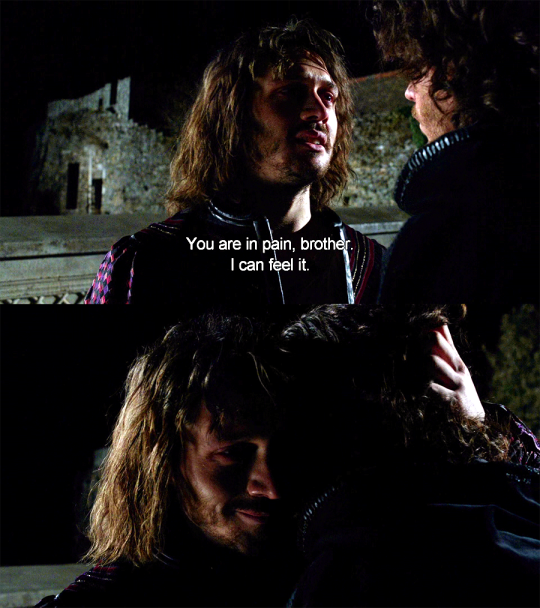
MISGUIDED SOUL SHUNNED BY HIS OWN: “He’s not afraid of dying in that sense. He’s afraid of not being liked or loved and being left by his family. It’s just his entire family, whether they know it or not, has been ganging up on him from the very beginning of the first season. What’s the problem with him? I think he’s lovely. I think he’s really kind and compassionate and cuddly.” (⚜)
THE MISUNDERSTOOD BRUTE WITH A HEART: "He's not a villain, he is misunderstood and wants people to realize that he's actually doing things for the right reasons but by doing that he acts like a child and acts like brute and acts like a bit of a psychopath at times." (⚜)
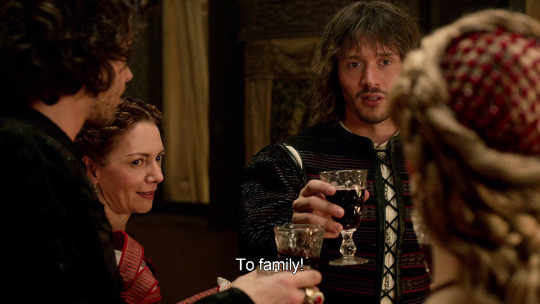
UNFAIRLY VILLAINIZED TO SERVE CESARE'S NARRATIVE: “It’s not nice, leaving a job when you’re not ready to. As far as I was concerned, Juan had just gotten very exciting and was being taken out in his prime, in terms of his character. But it was so bitterly cold. By the time Cesare gets to actually stab him in the stomach a few times, he’s kind of already gone. (laughs) He doesn’t pose much of a threat to anyone… Certainly, with that final episode, they tried to get me to play Juan as villainous as I possibly could—hence the Michael Jackson baby-dangling scene, and the attempted rape scene—to make him seem like a terribly bad person. Cesare always had the writing on his side.” (⚜)
====== JUAN IN WORK OF ART ======
MICHELANGELO'S PIETÀ: A POSSIBLE PORTRAIT OF JUAN BORGIA AND HIS MOTHER, VANNOZZA DEI CATTANEI
MIGUEL ESTEVE'S OUR LADY OF THE ROSARY AND THE MIRACLE OF THE KNIGHT OF COLOGNE: ACCORDING TO THE INTERPRETATION BY ÉMILE BERTAUX, THE PAINTING WAS COMMISSIONED BY MARÍA ENRÍQUEZ DE LUNA, THE WIDOW OF GIOVANNI (JUAN) BORGIA, THE DUKE OF GANDÍA, AND SHOWS THE MURDER OF HER HUSBAND BY HIS BROTHER, CESARE.
LODOVICO PGLIAGHI'S ART OF ALEXANDER VI AND HIS CHILDREN, LUCREZIA AND CESARE BORGIA, LOOKING AT THE CORPSE OF THE DUKE OF GANDÍA BROUGHT TO THE VATICAN. WOODCUT FROM FRANCESCO BERTOLINI: IL RINASCIMENTO E LE SIGNORIE ITALIANE (STORIA GENERALE D'ITALIA, VOL. 2.), PUBLISHED BY TREVES, MILANO, 1897
RETRATO DE HOMBRE" (A MAN ASSUMED TO BE JUAN BORGIA) BY GIROLAMO MARCHESI (1480–1550)
ST. CATHERINE'S DISPUTATION" BY PINTURICCHIO. THE STANDING FIGURE IN PINK IN THE LEFT FOREGROUND, FACING THE SPECTATOR, IS THOUGHT TO BE JUAN BORGIA
31 notes
·
View notes
Text
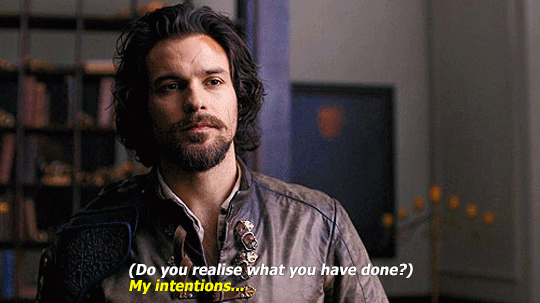
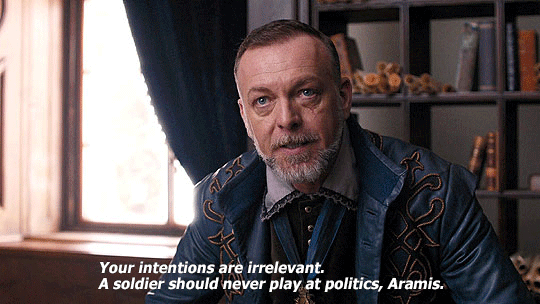
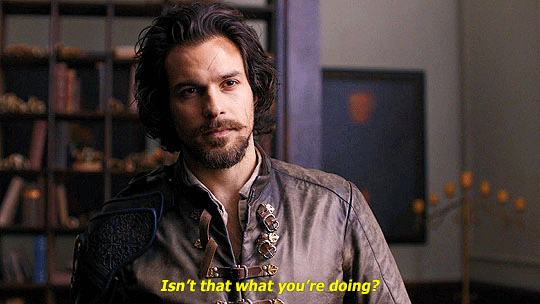
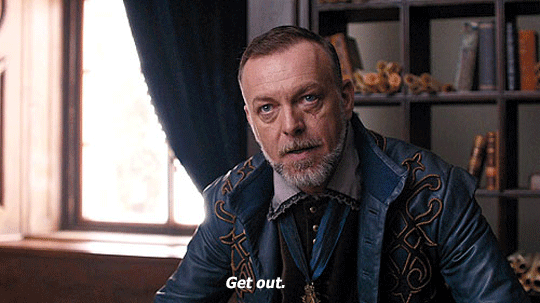
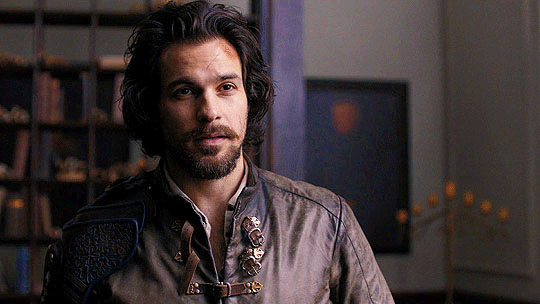
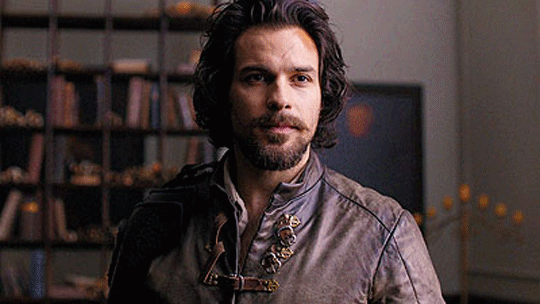
7. Playing at Politics.
(The Musketeers Season 3, Episode 8 - Prisoners of War)
21 notes
·
View notes
Photo
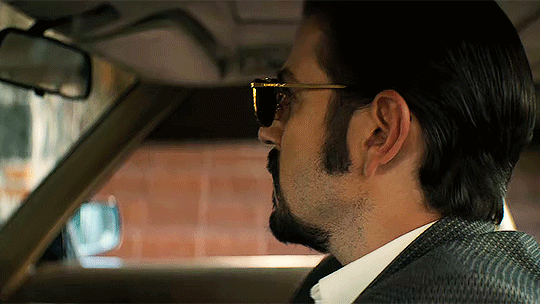
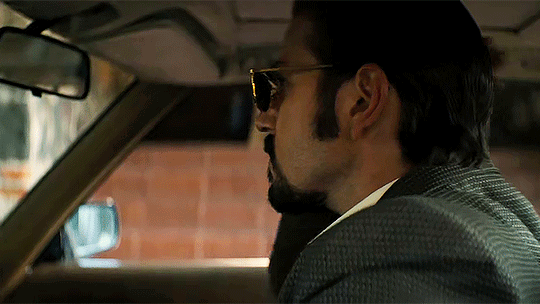
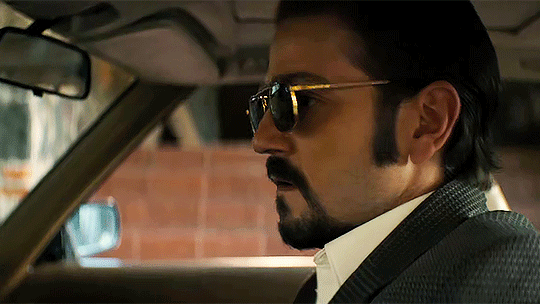
Diego Luna in Narcos: Mexico (1.06)
57 notes
·
View notes
Text
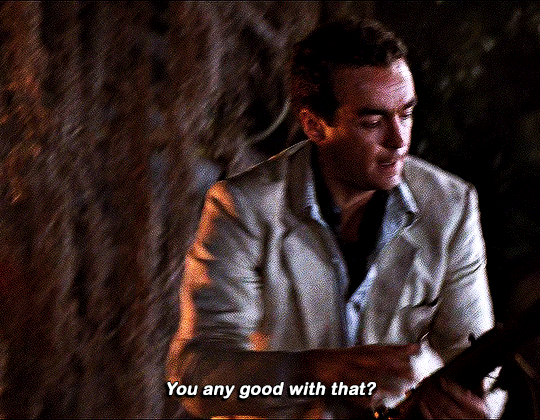

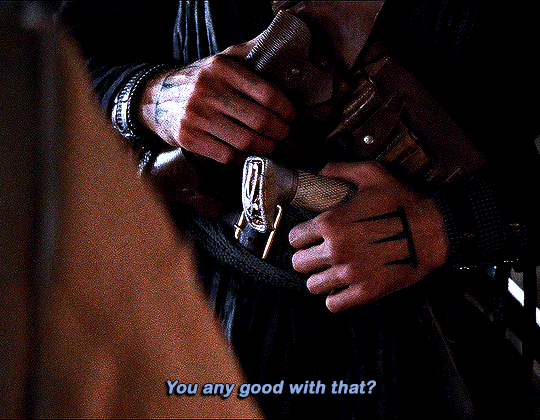
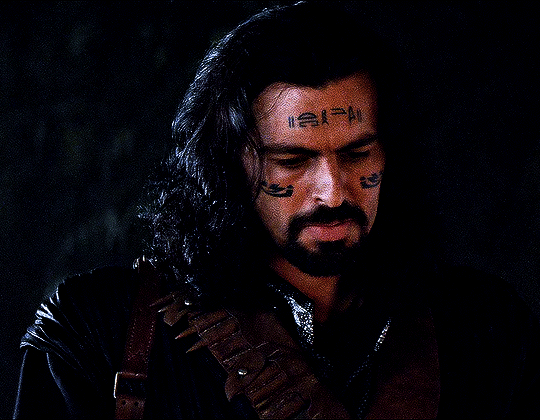
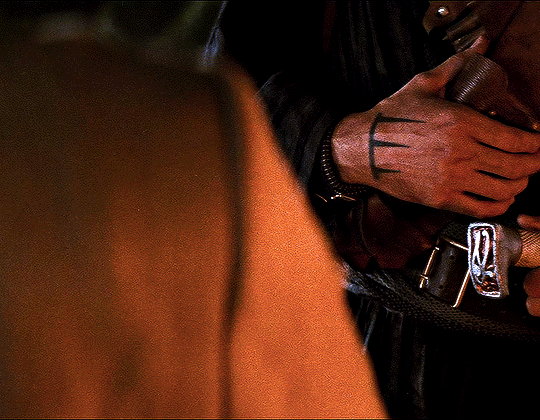

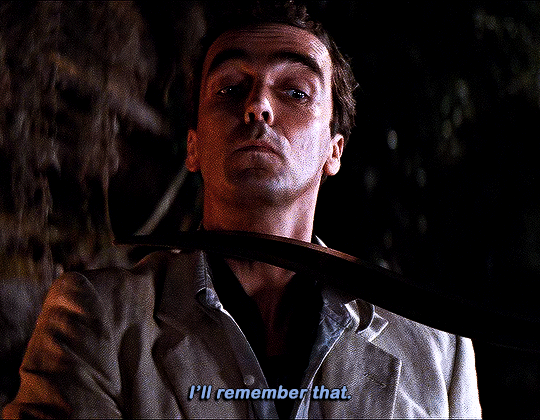
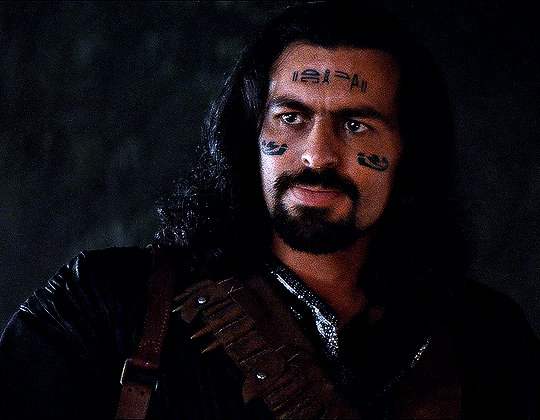
THE MUMMY RETURNS (2001)
713 notes
·
View notes
Text
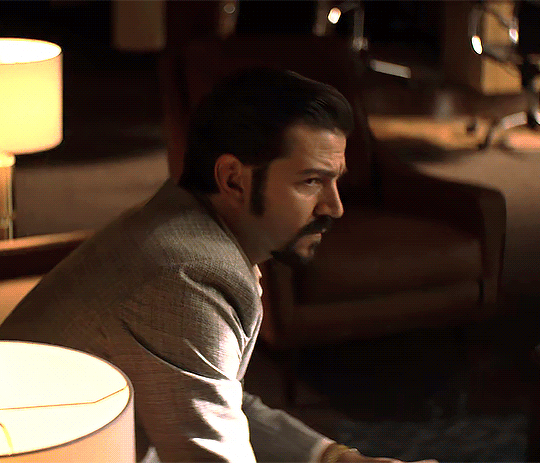
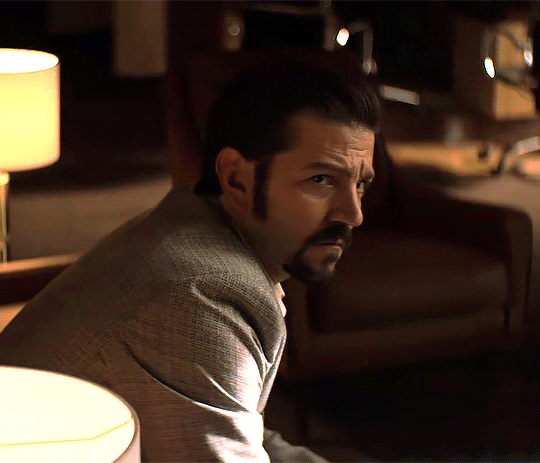
Diego Luna in Narcos: Mexico (1.07)
16 notes
·
View notes
Text
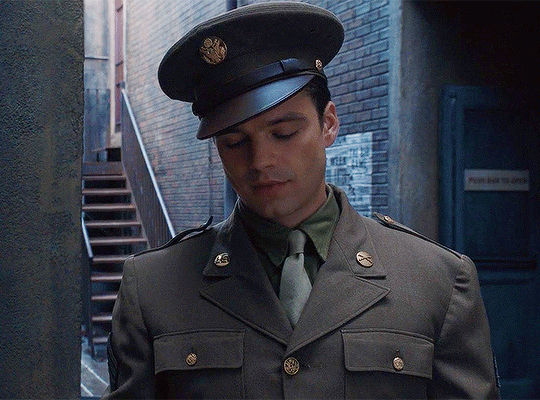

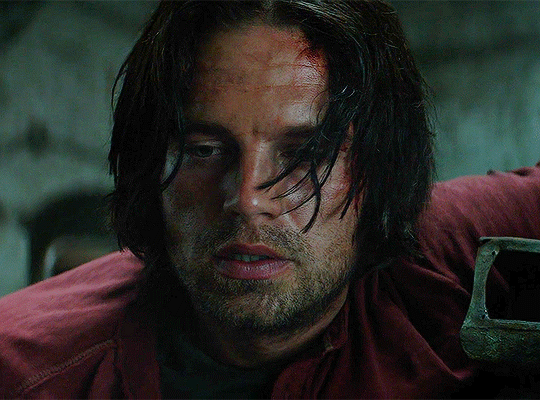

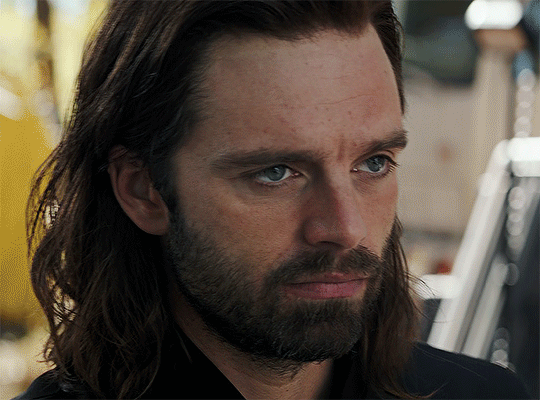
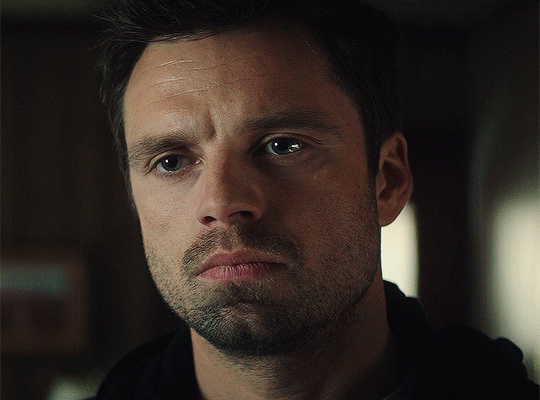
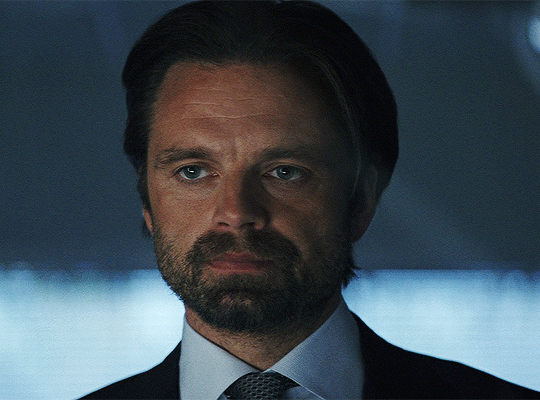
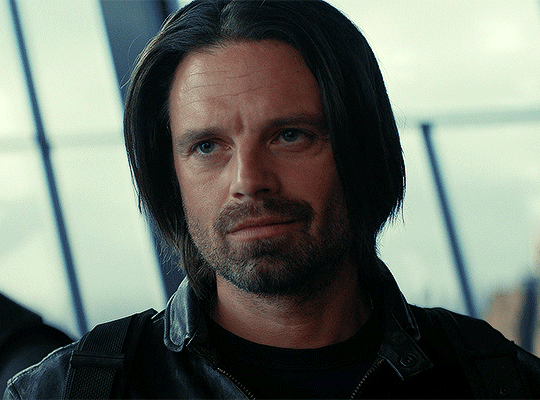
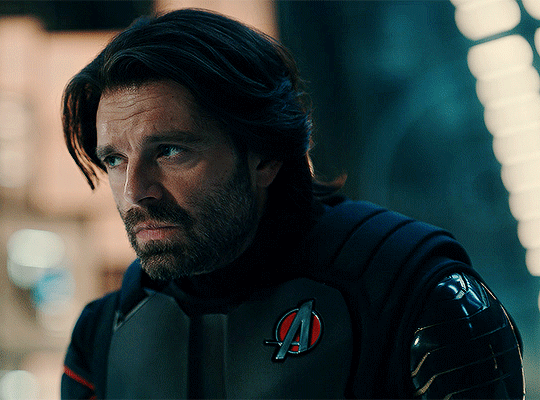
Bucky Barnes + his evolution
#Captain America#Falcon and the Winter Soldier#Black Panther#Thunderbolts*#Bucky Barnes#Sebastian Stan
486 notes
·
View notes
Text
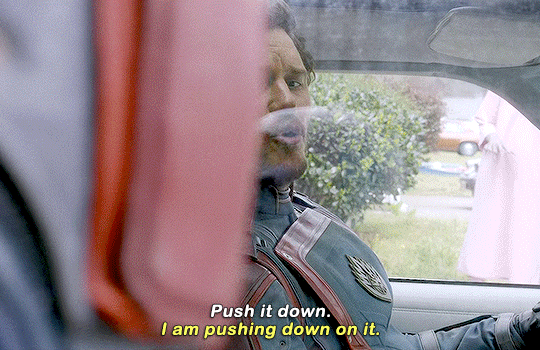

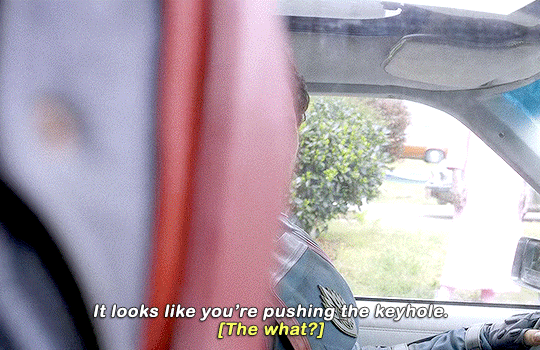

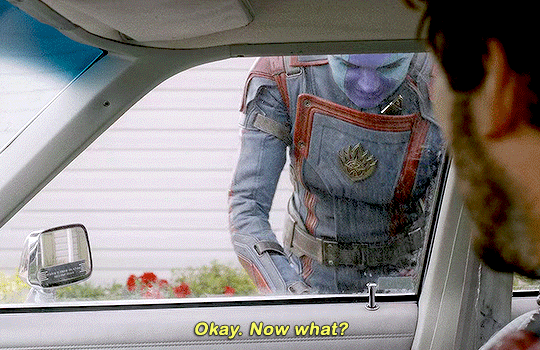



Guardians of the Galaxy Vol. 3 dir. James Gunn | 2023
832 notes
·
View notes
Text
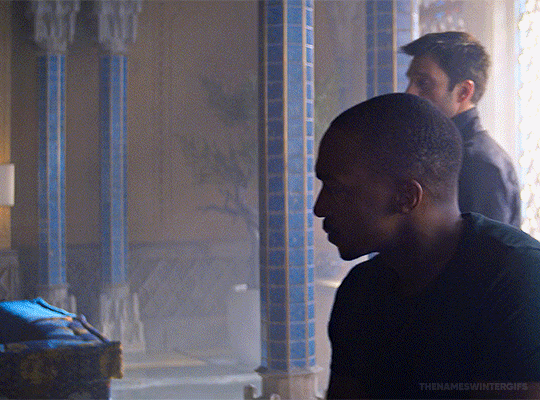
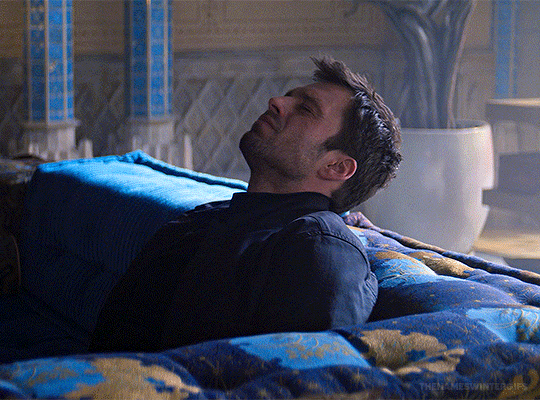


SEBASTIAN STAN as JAMES "BUCKY" BARNES THE FALCON AND THE WINTER SOLDIER (2021), dir. KARI SKOGLAND 1x04 "The Whole World is Watching"
1K notes
·
View notes